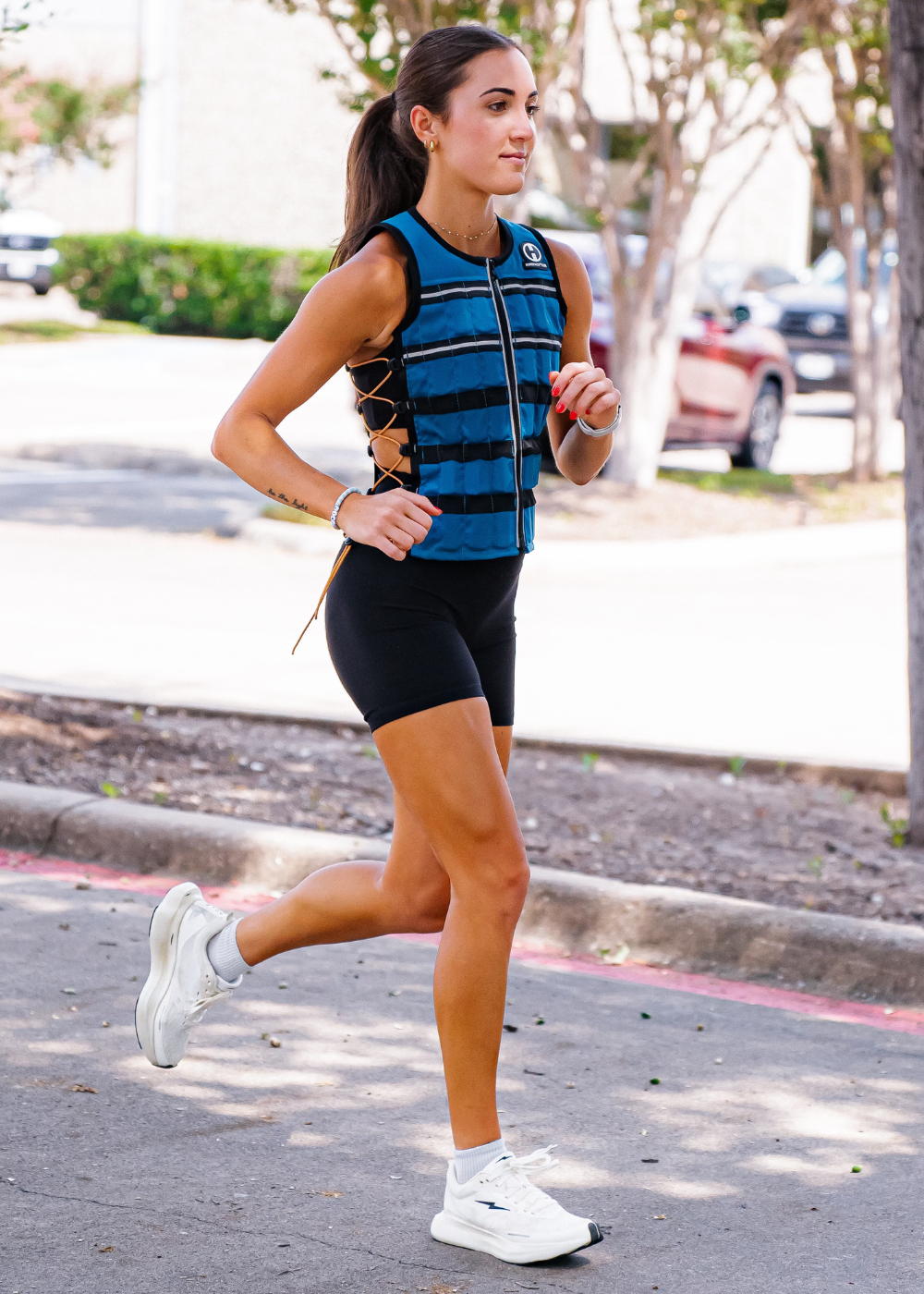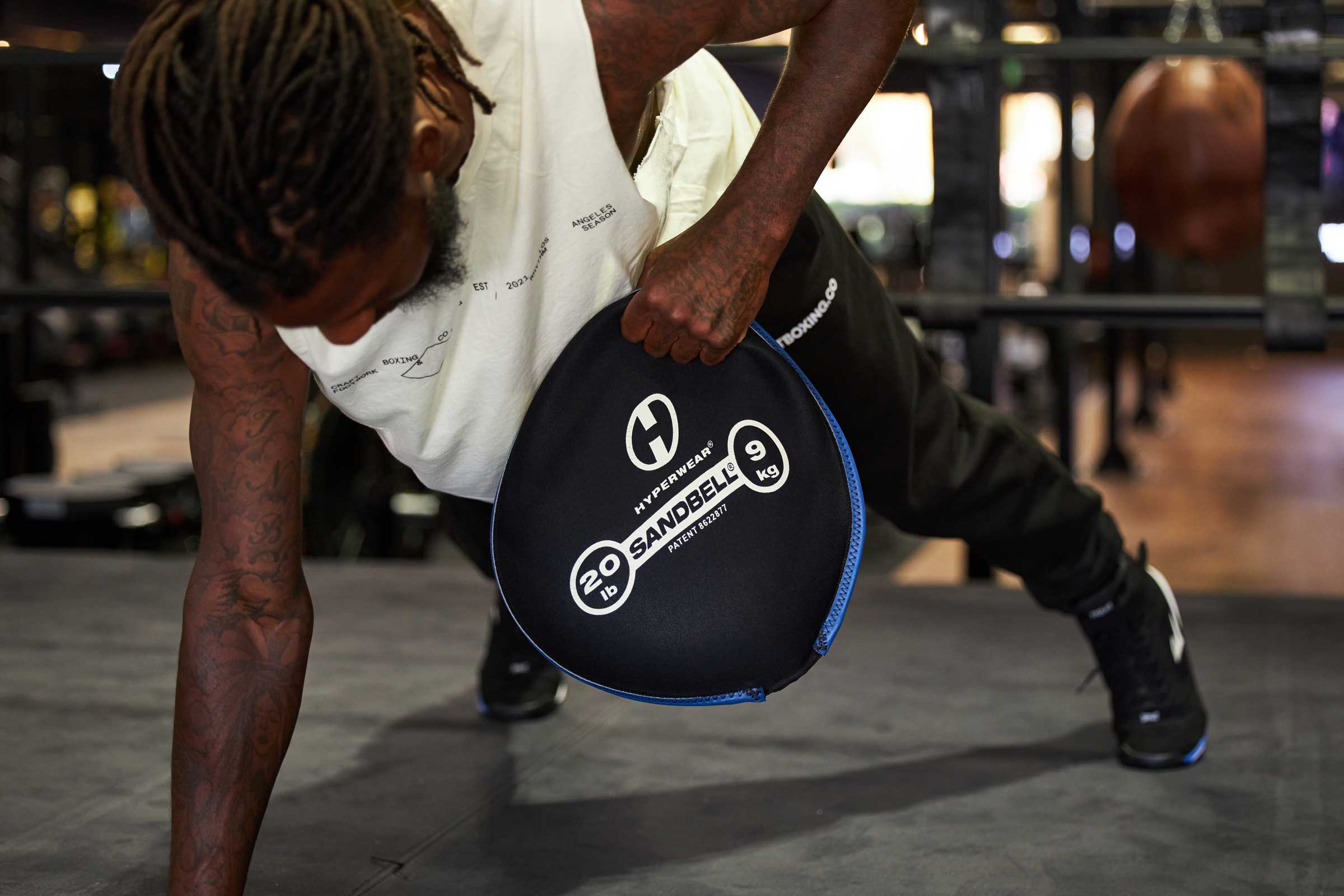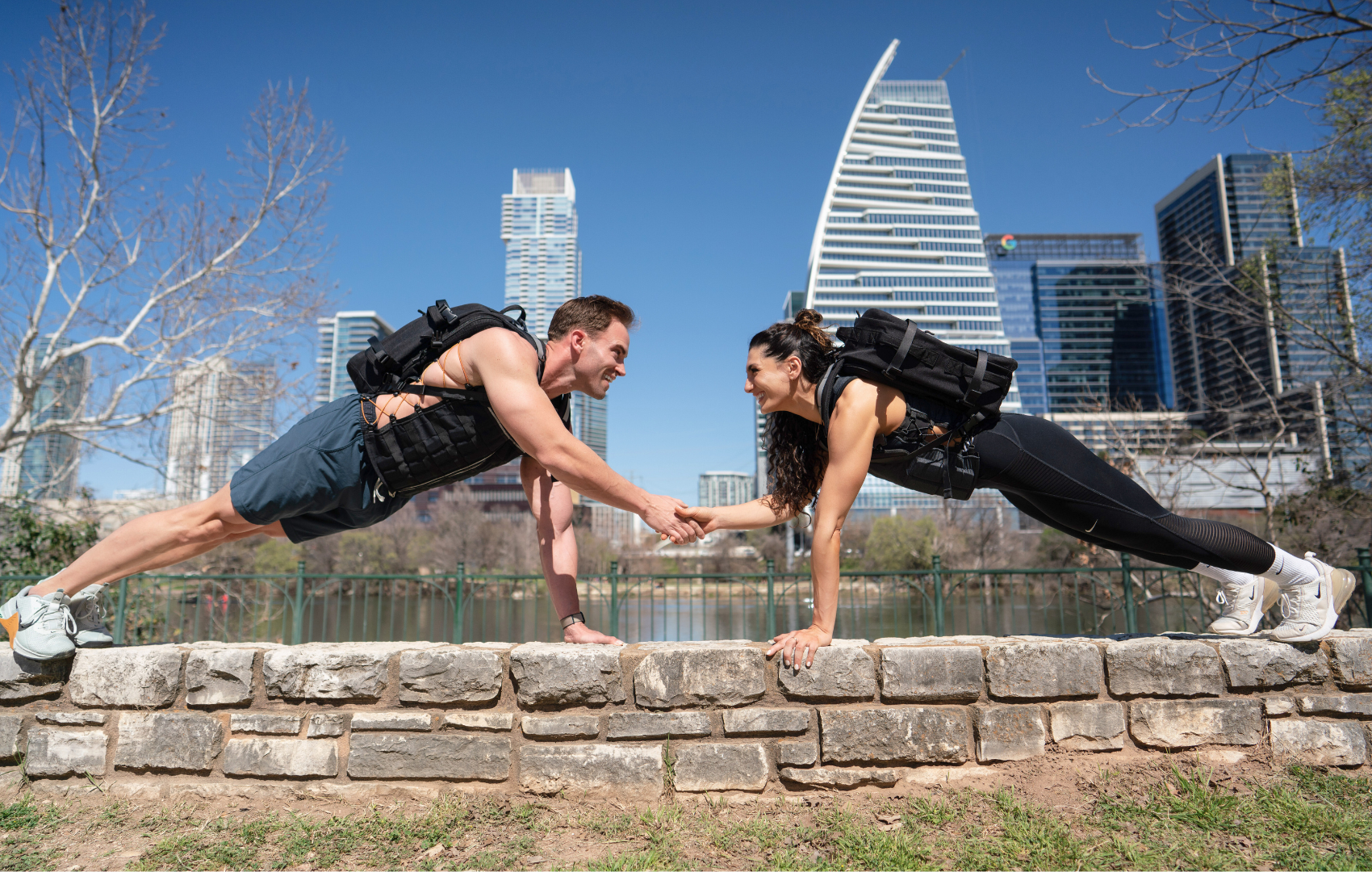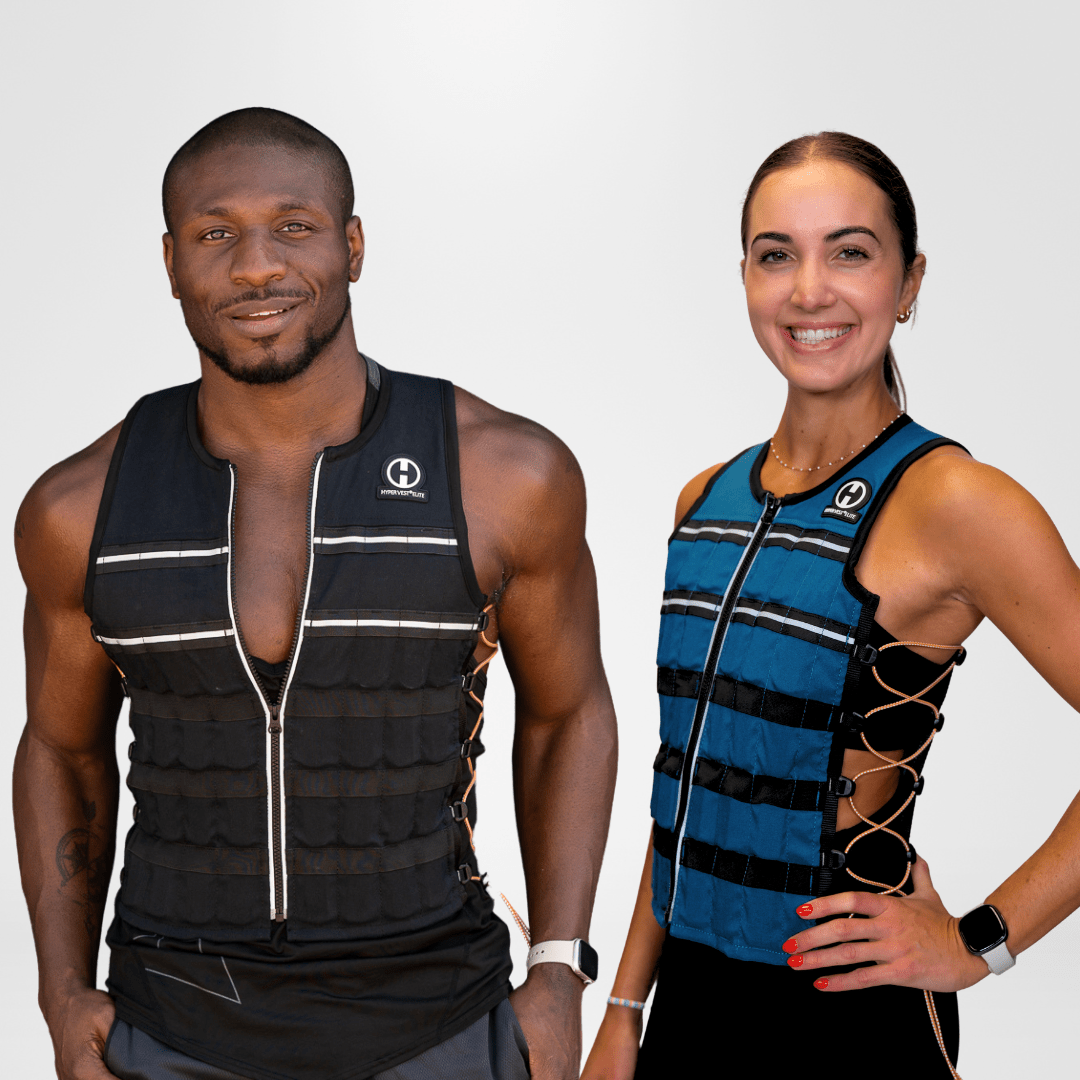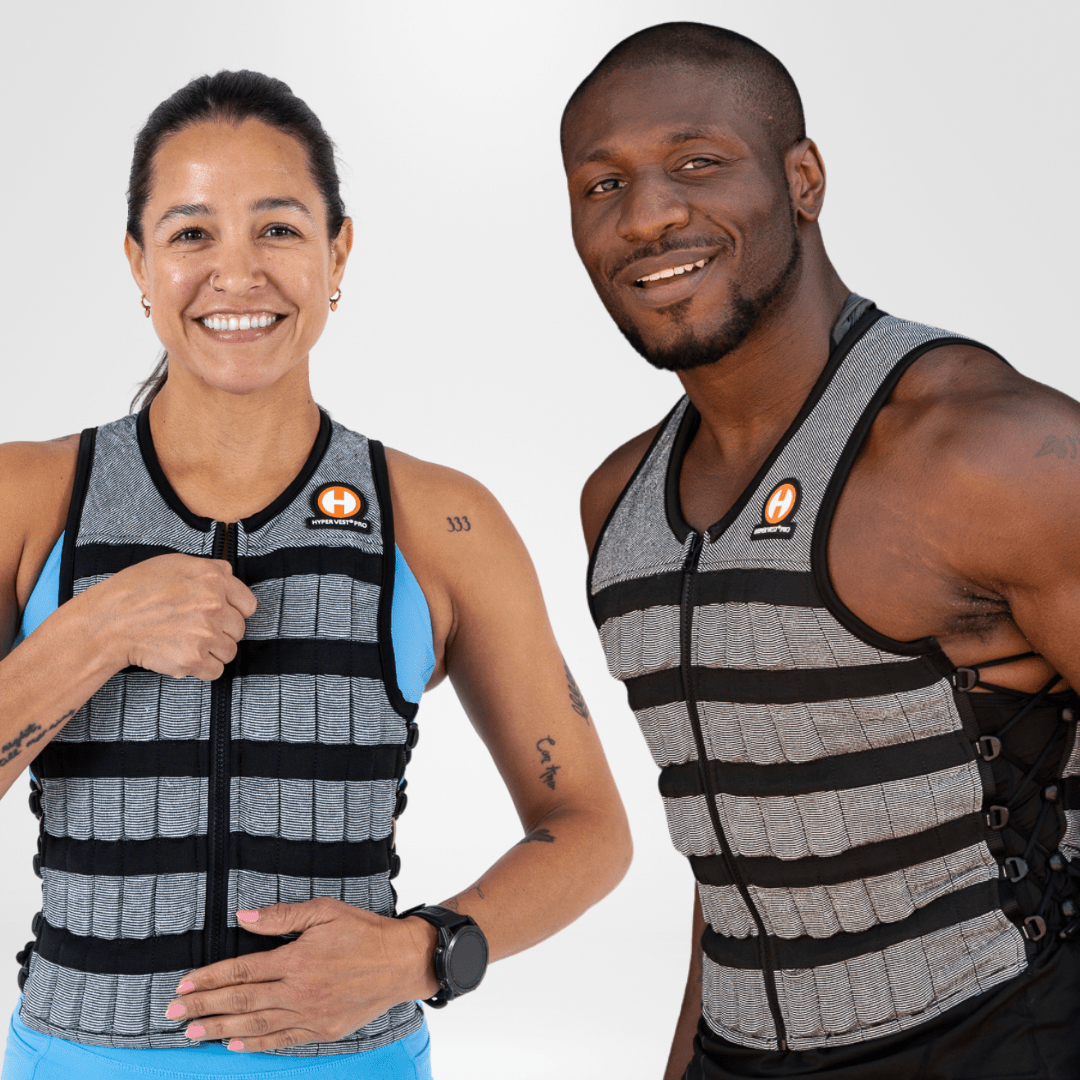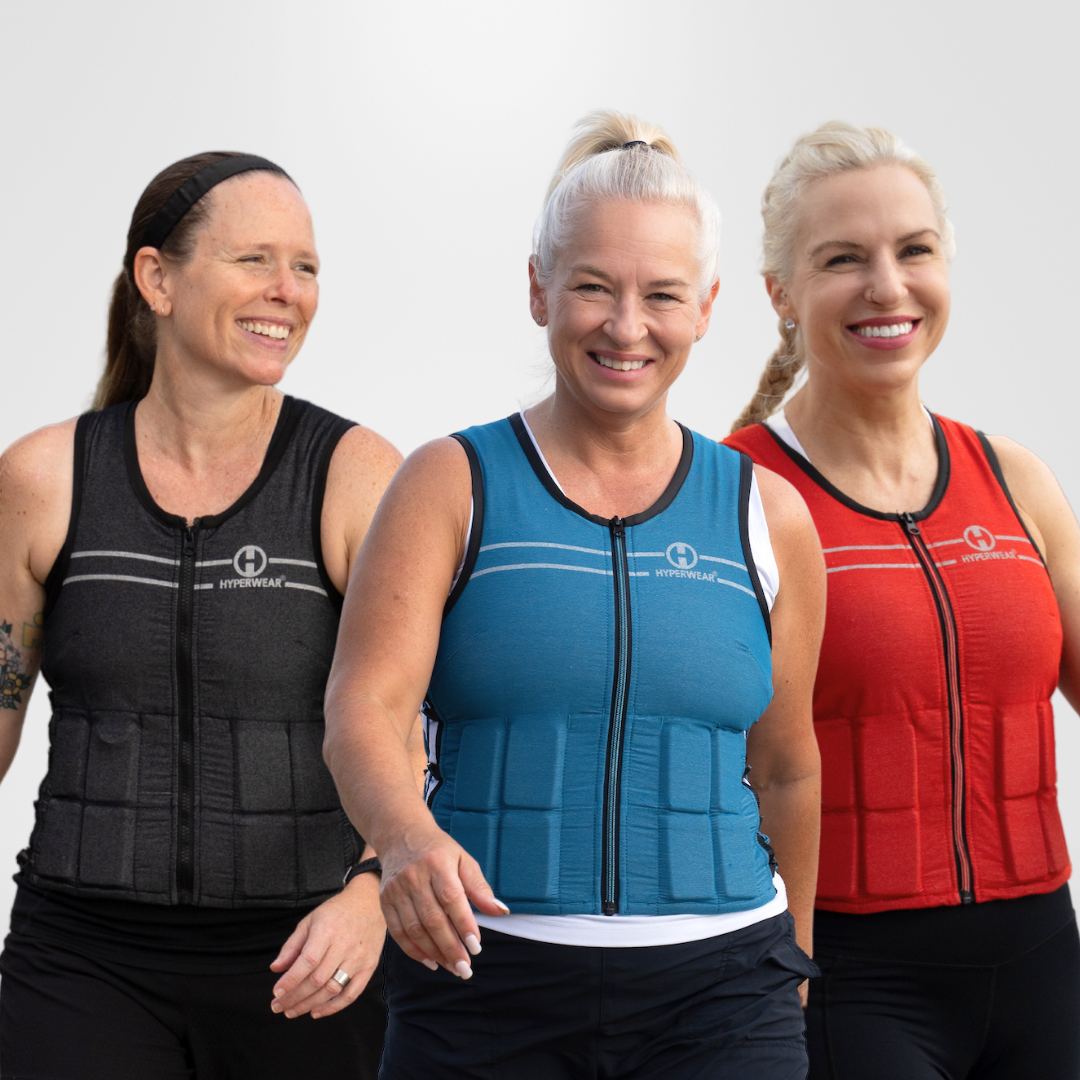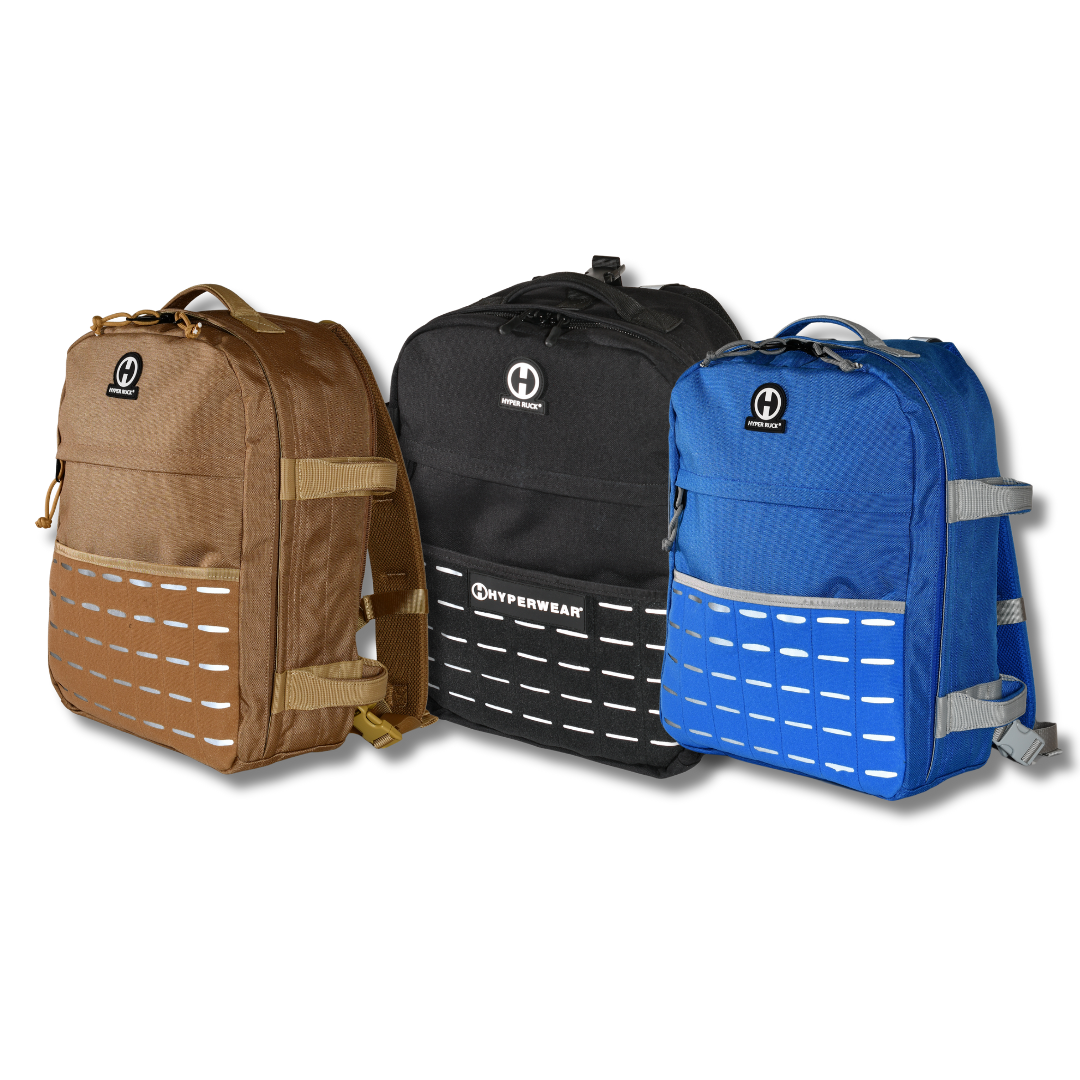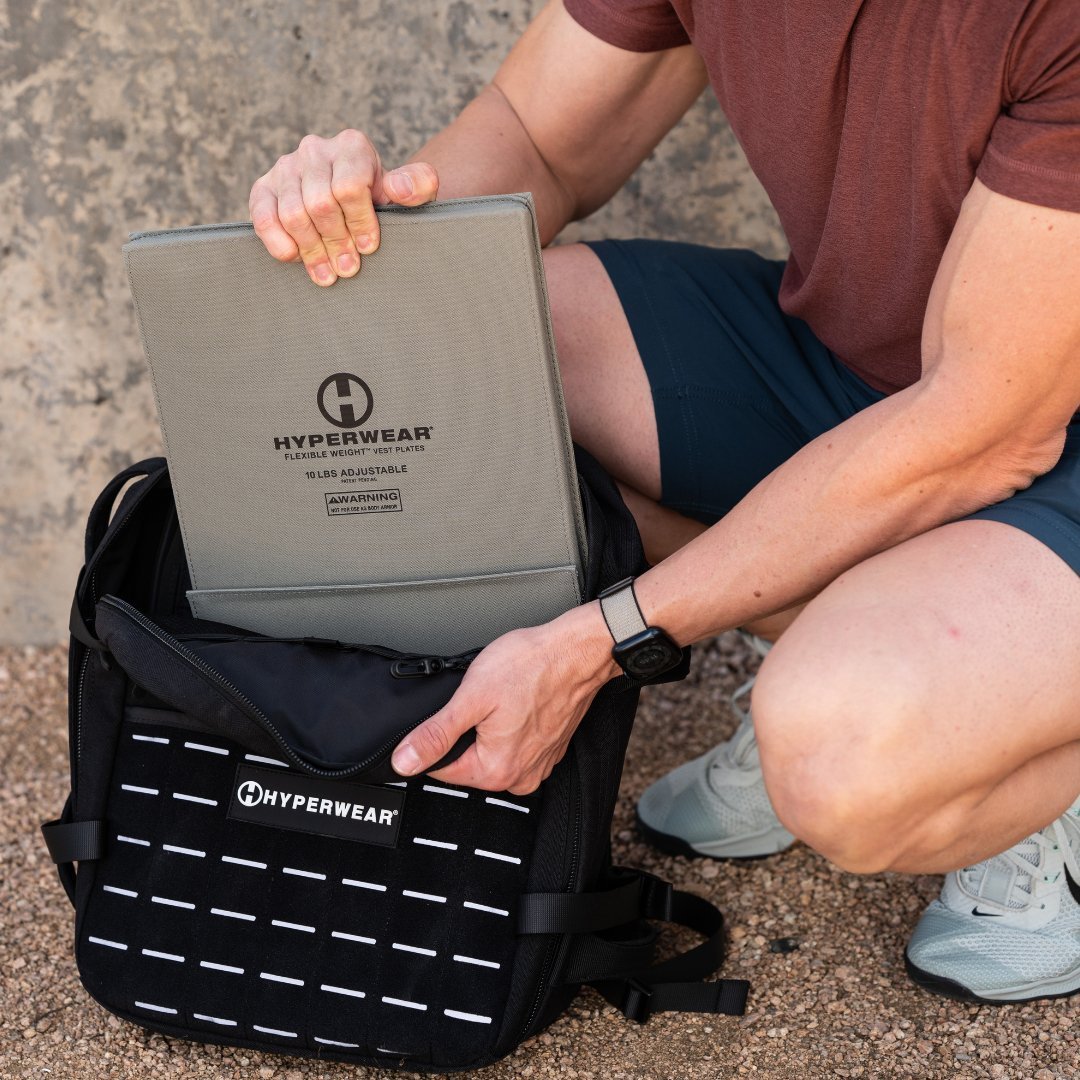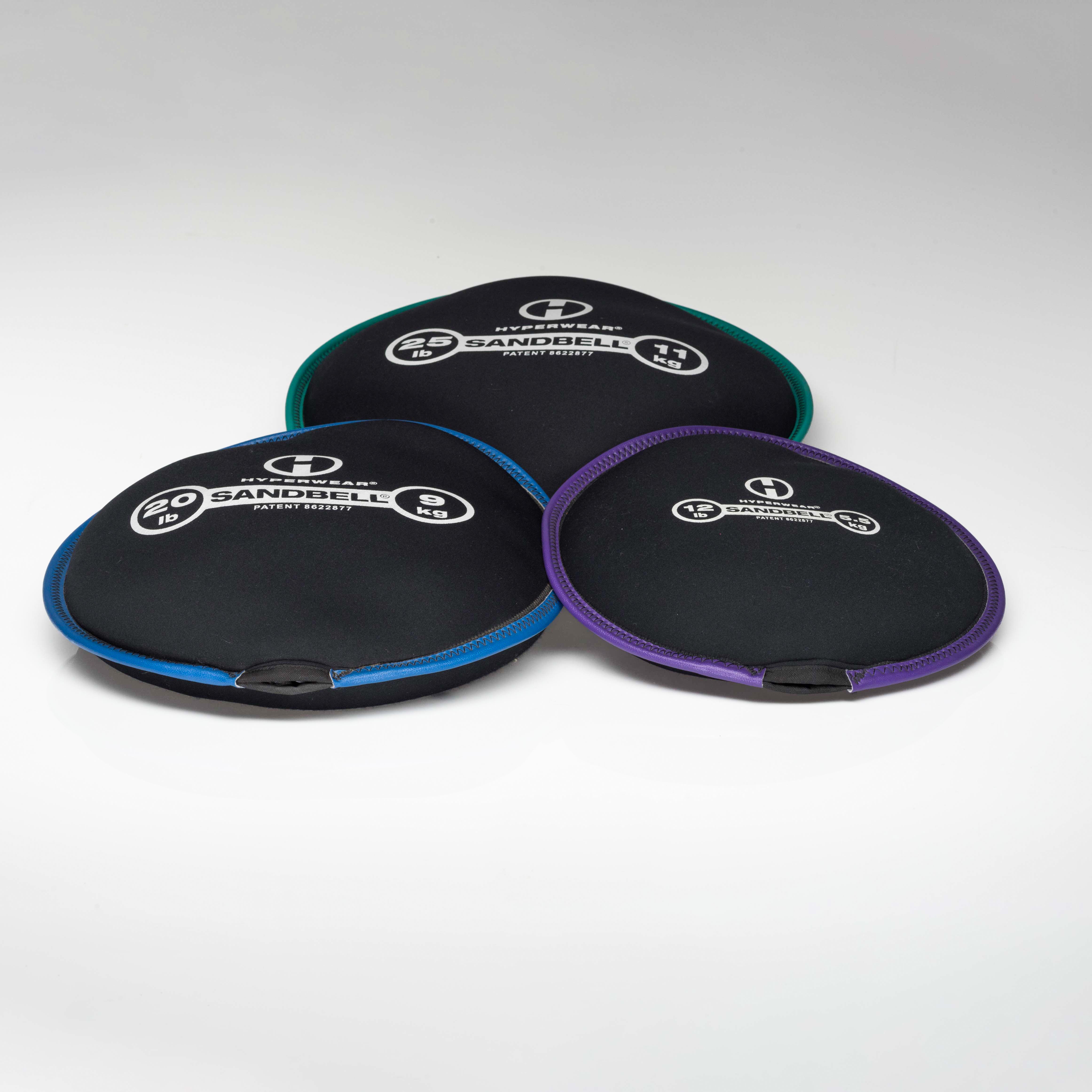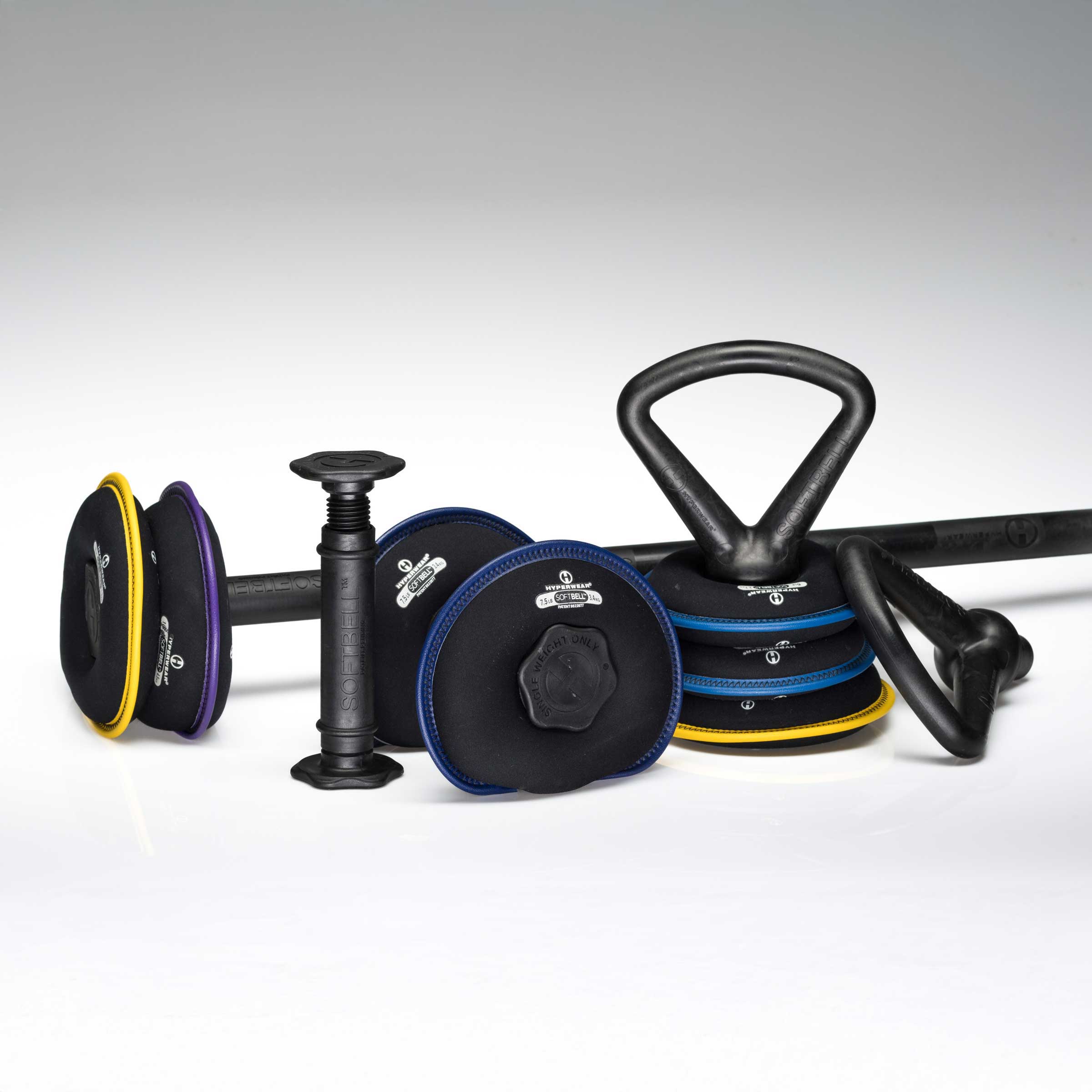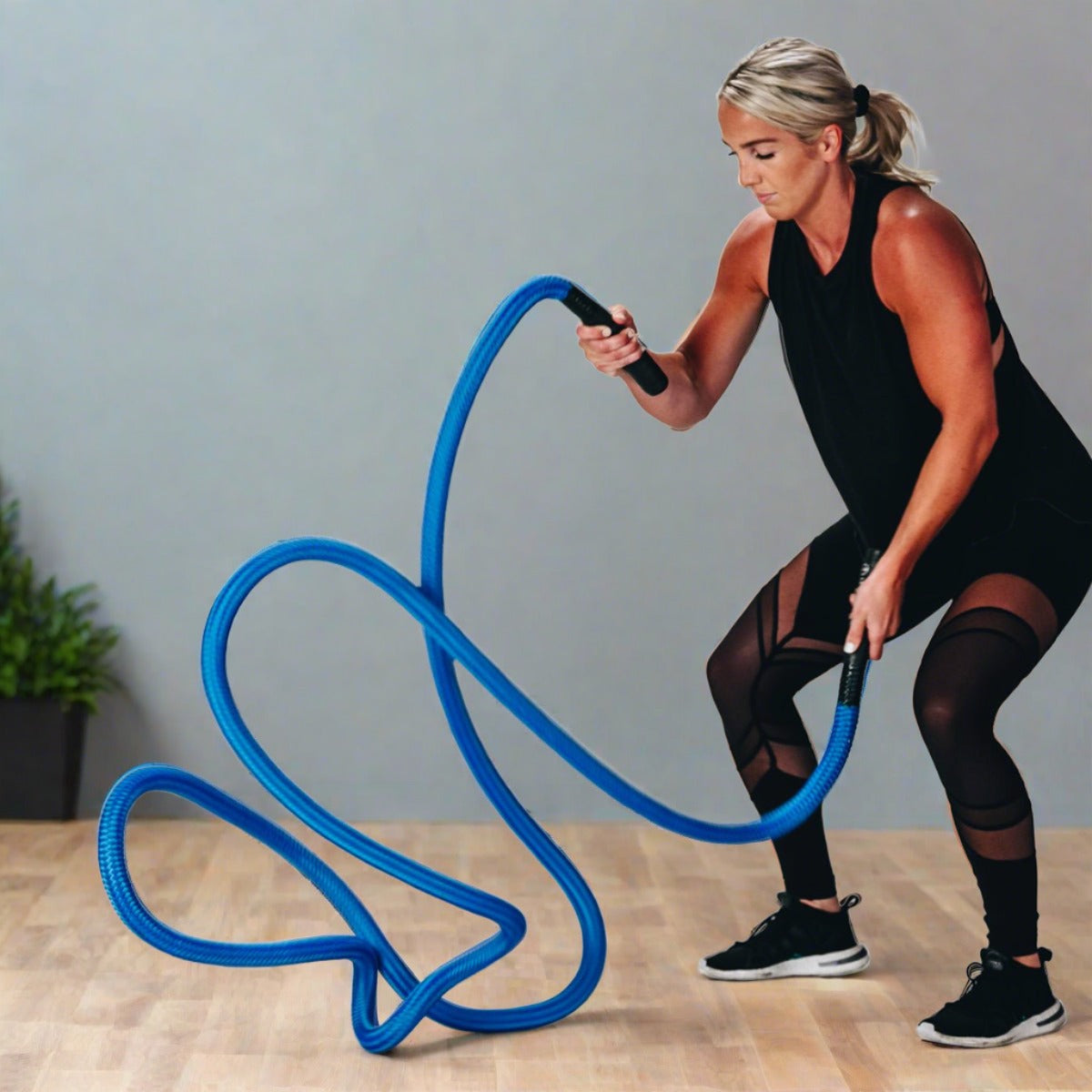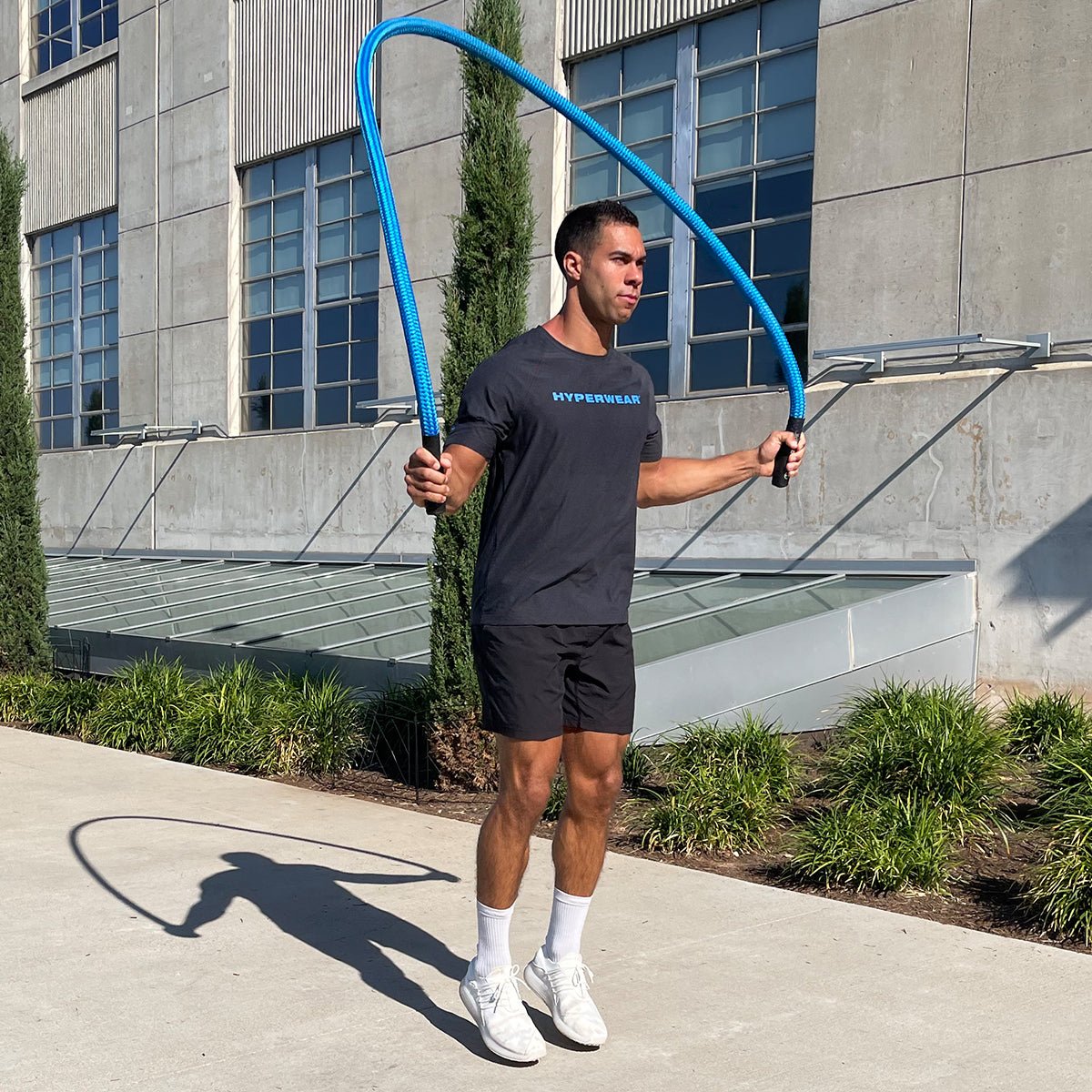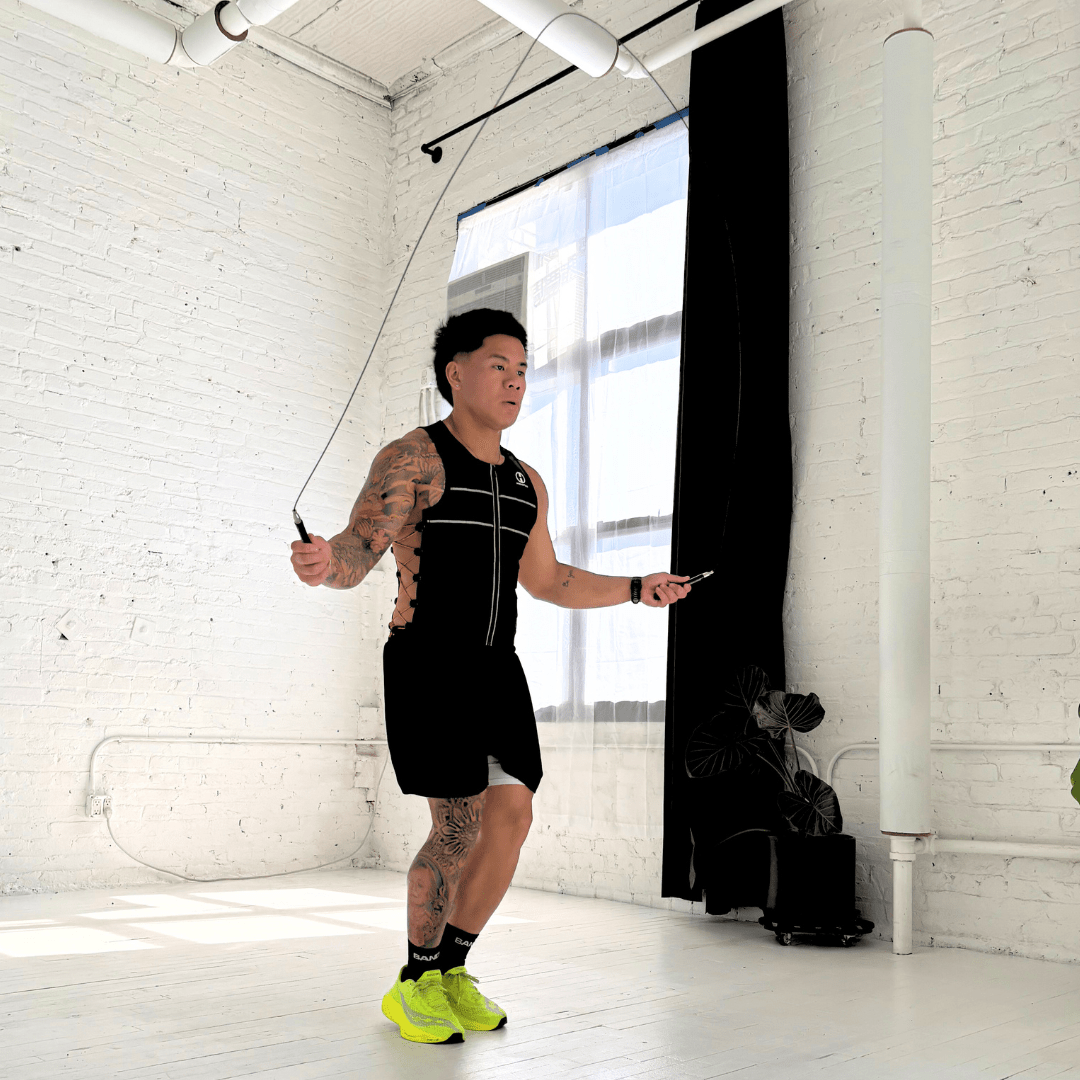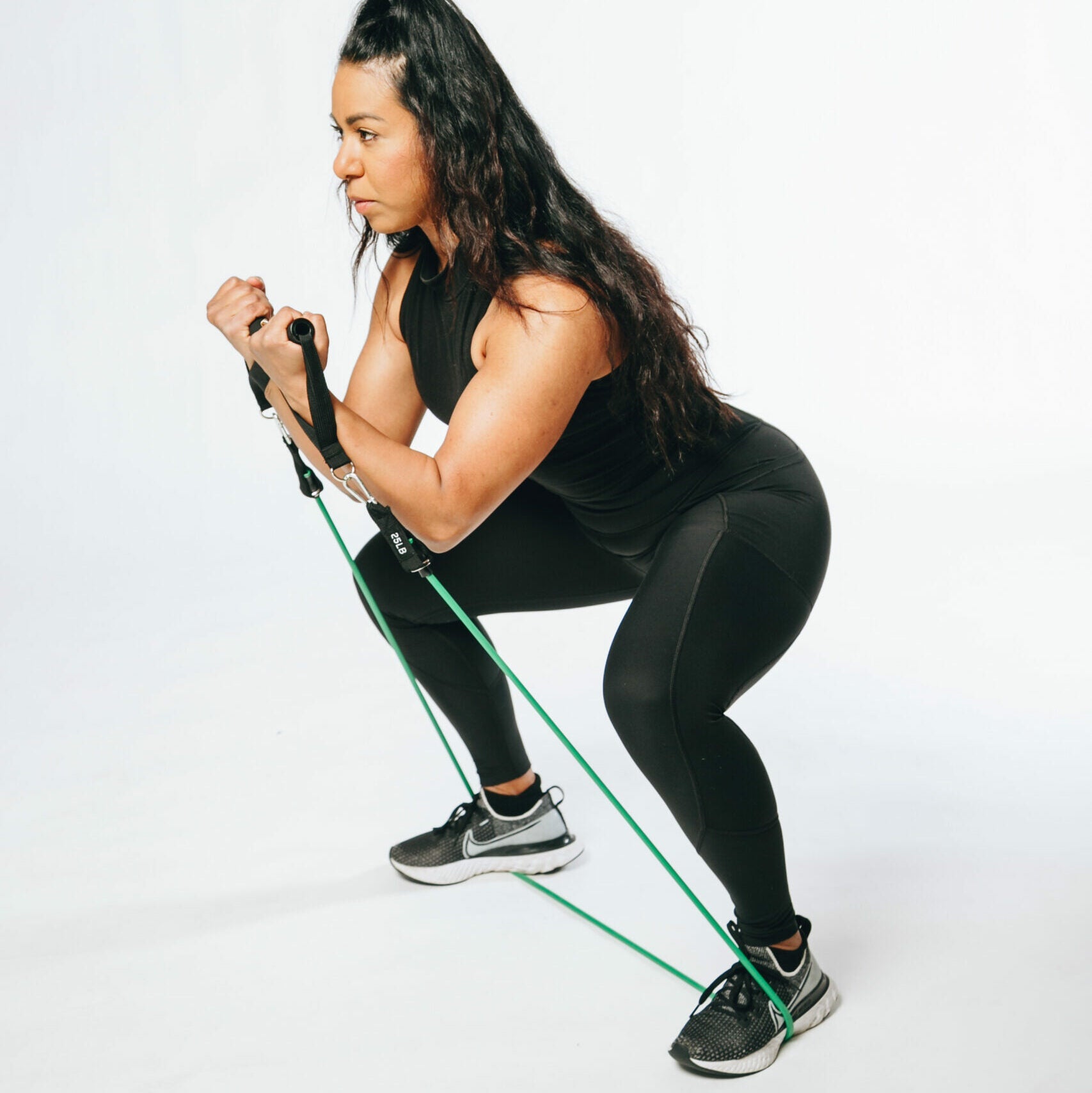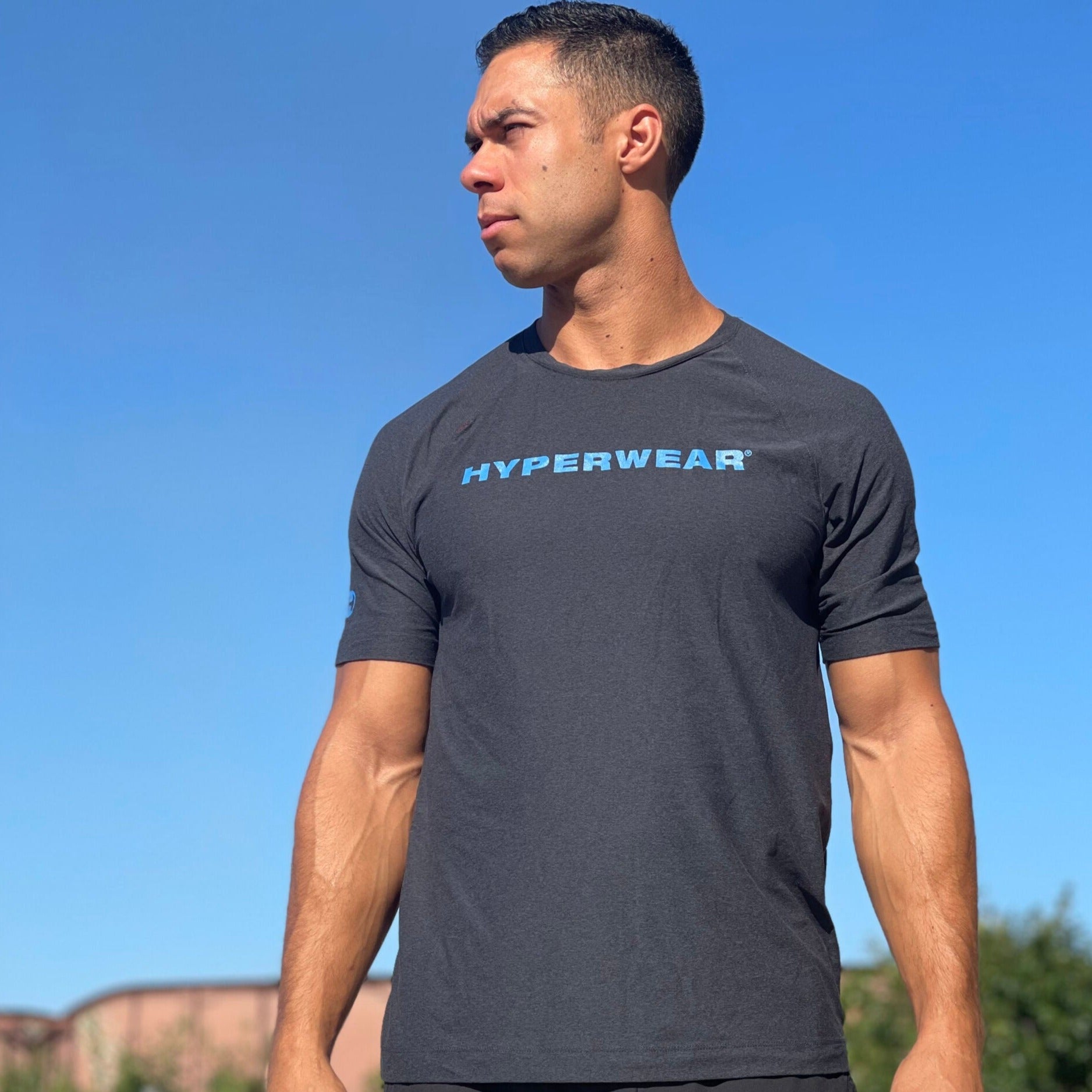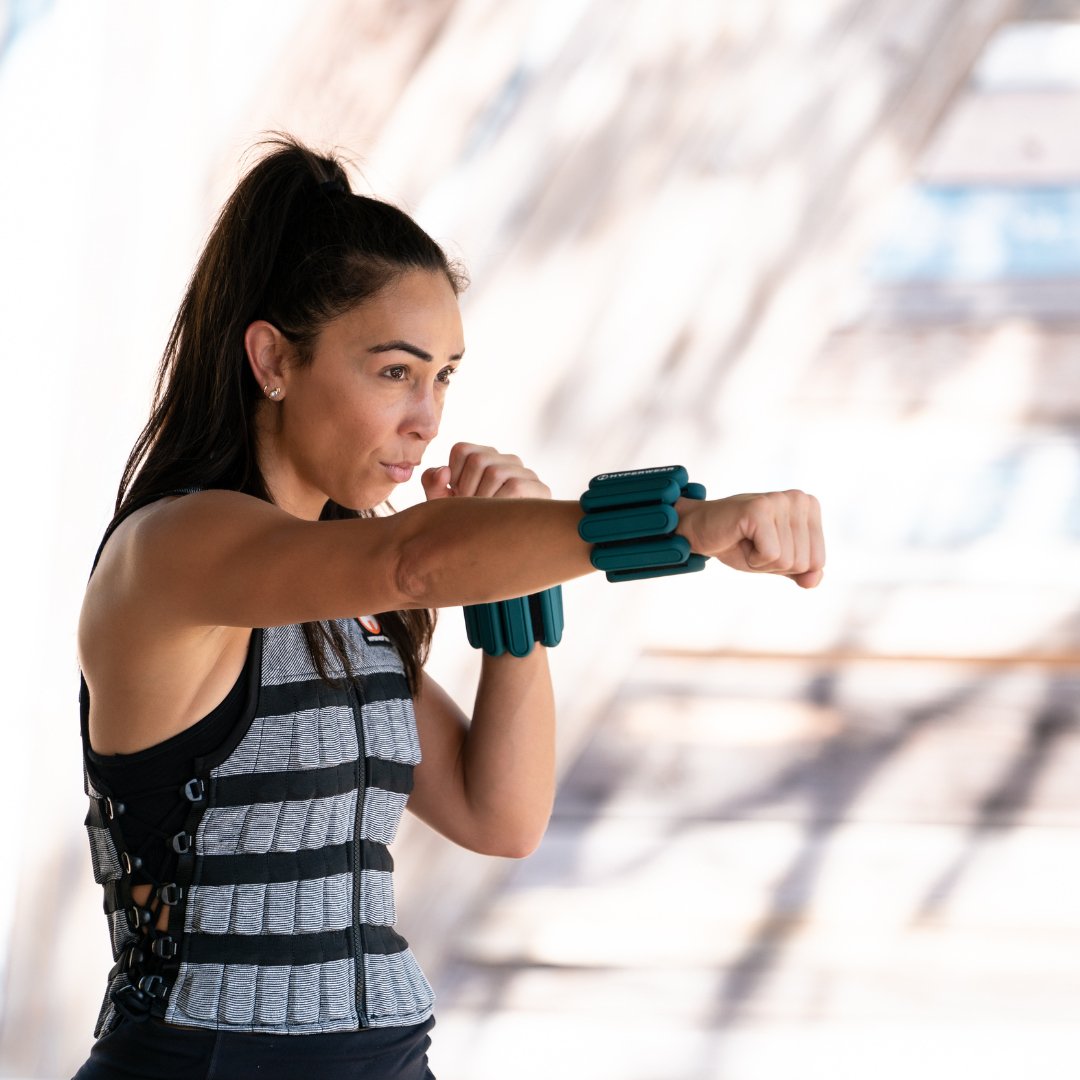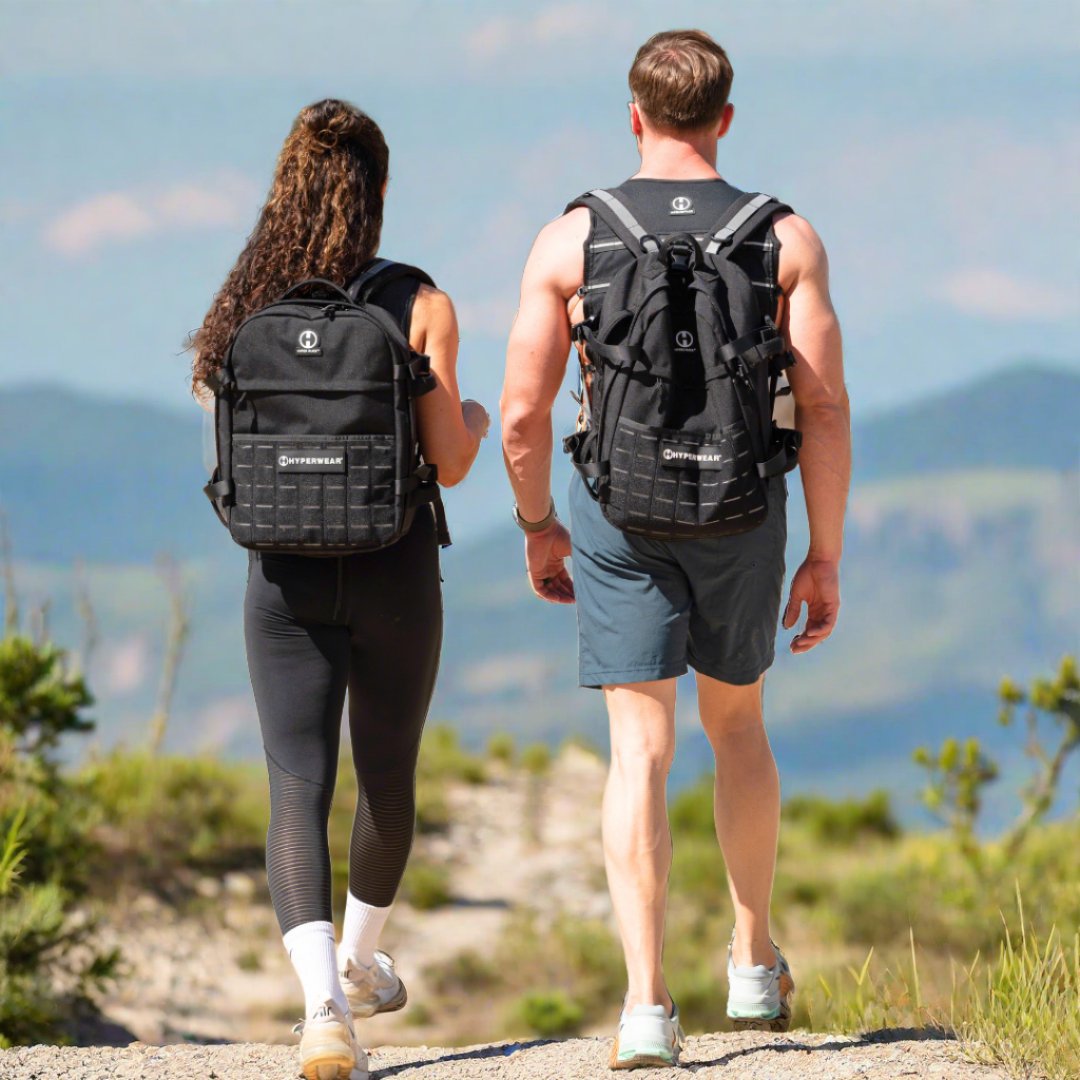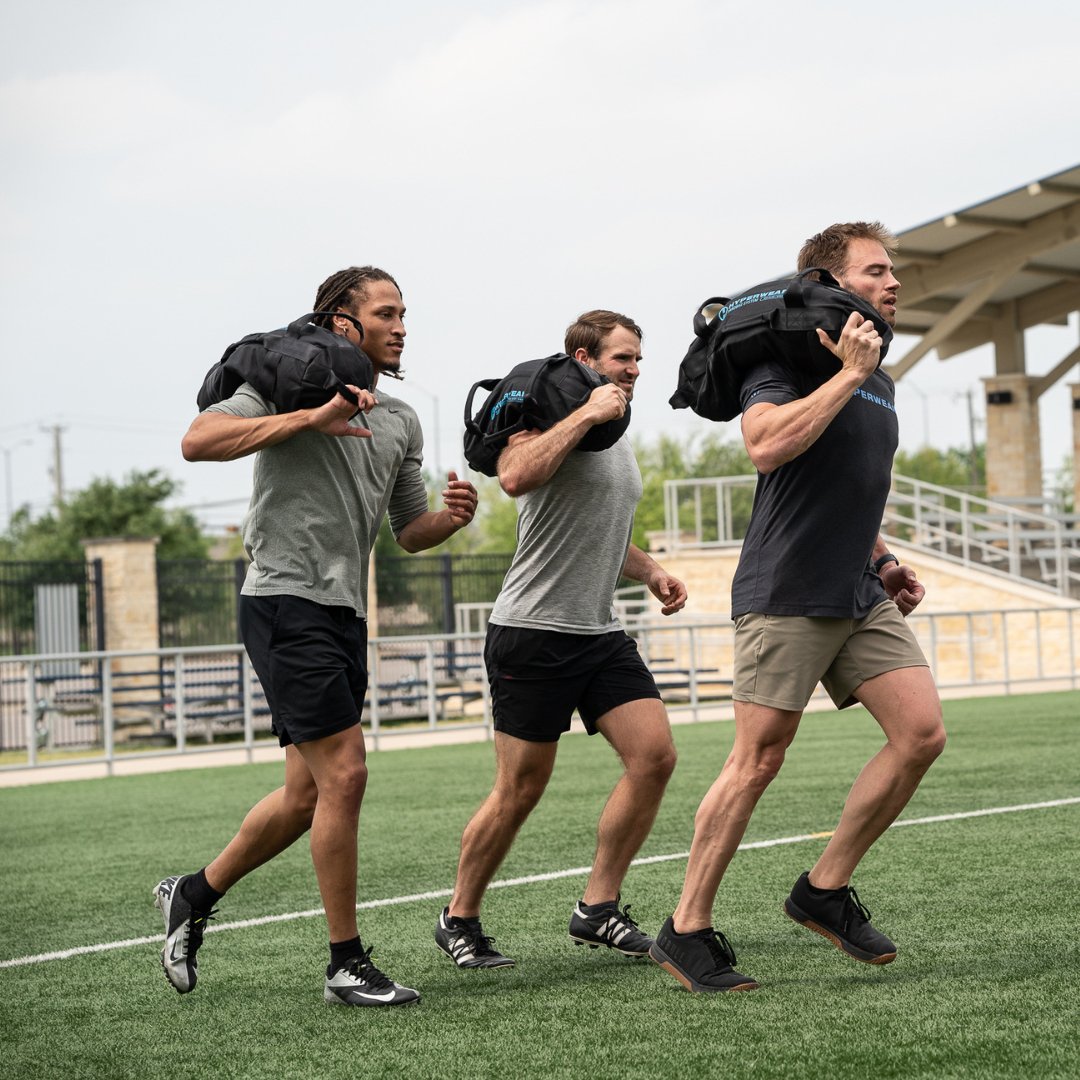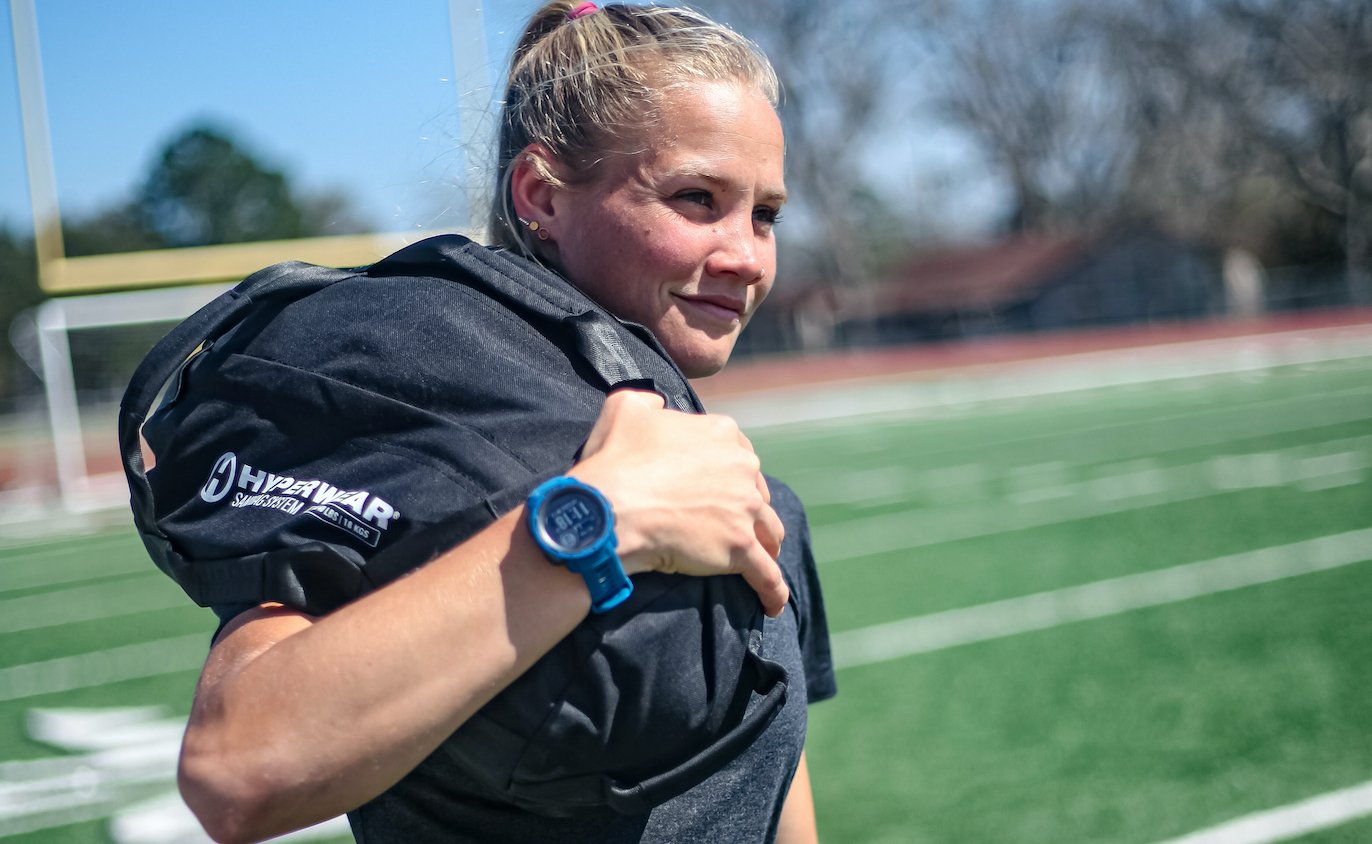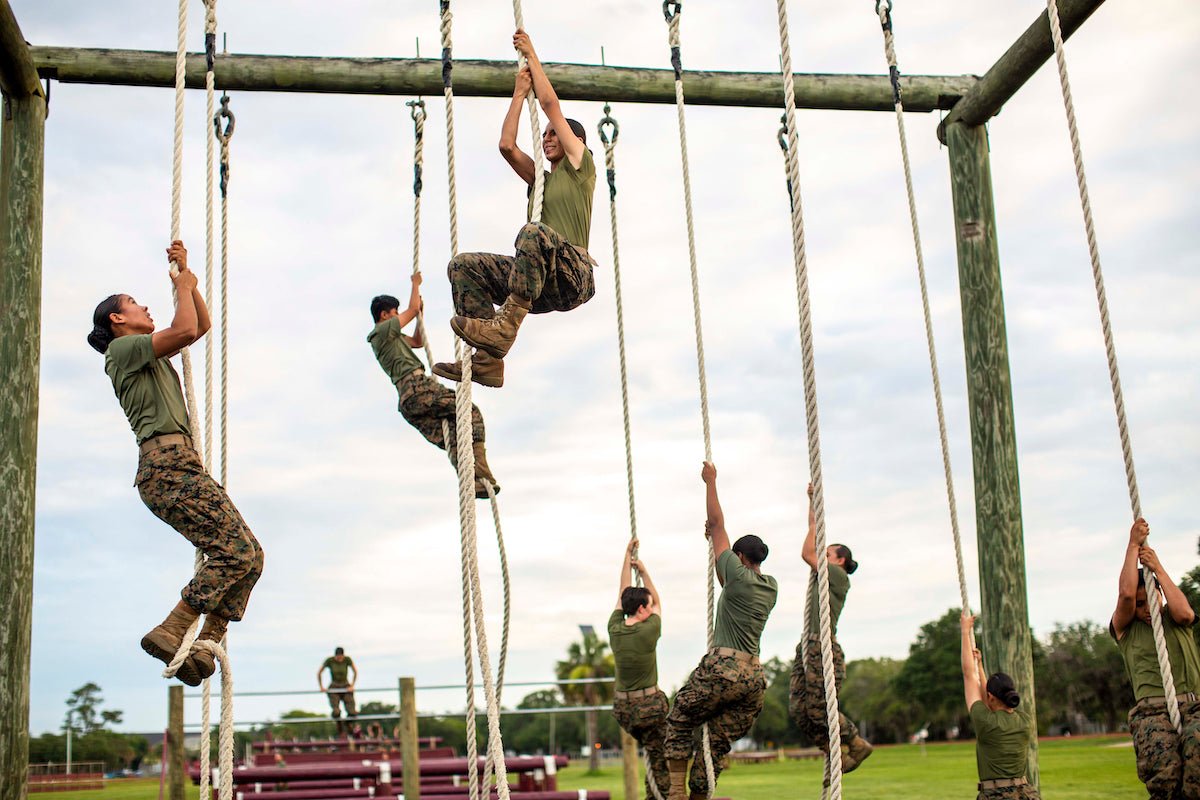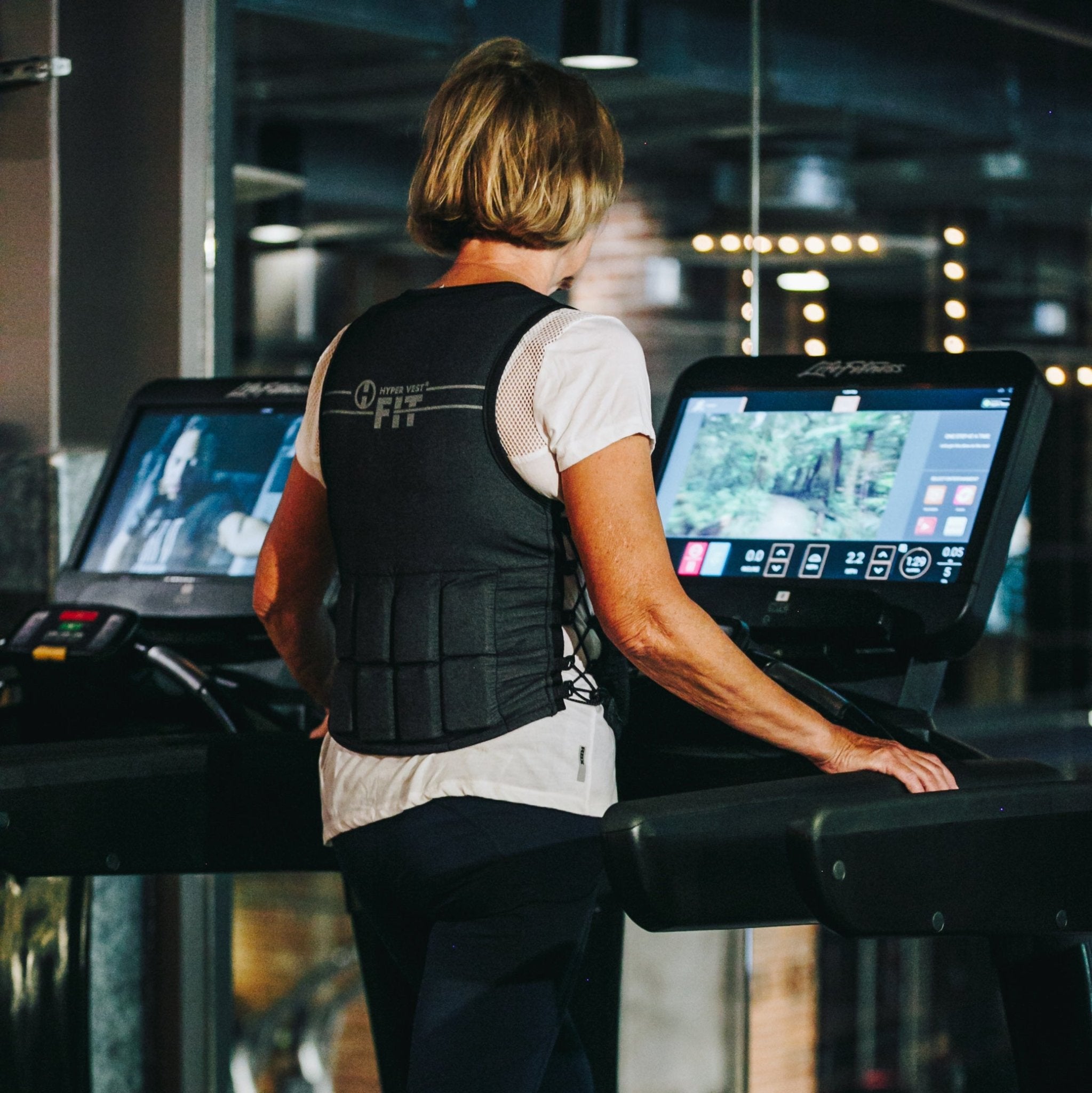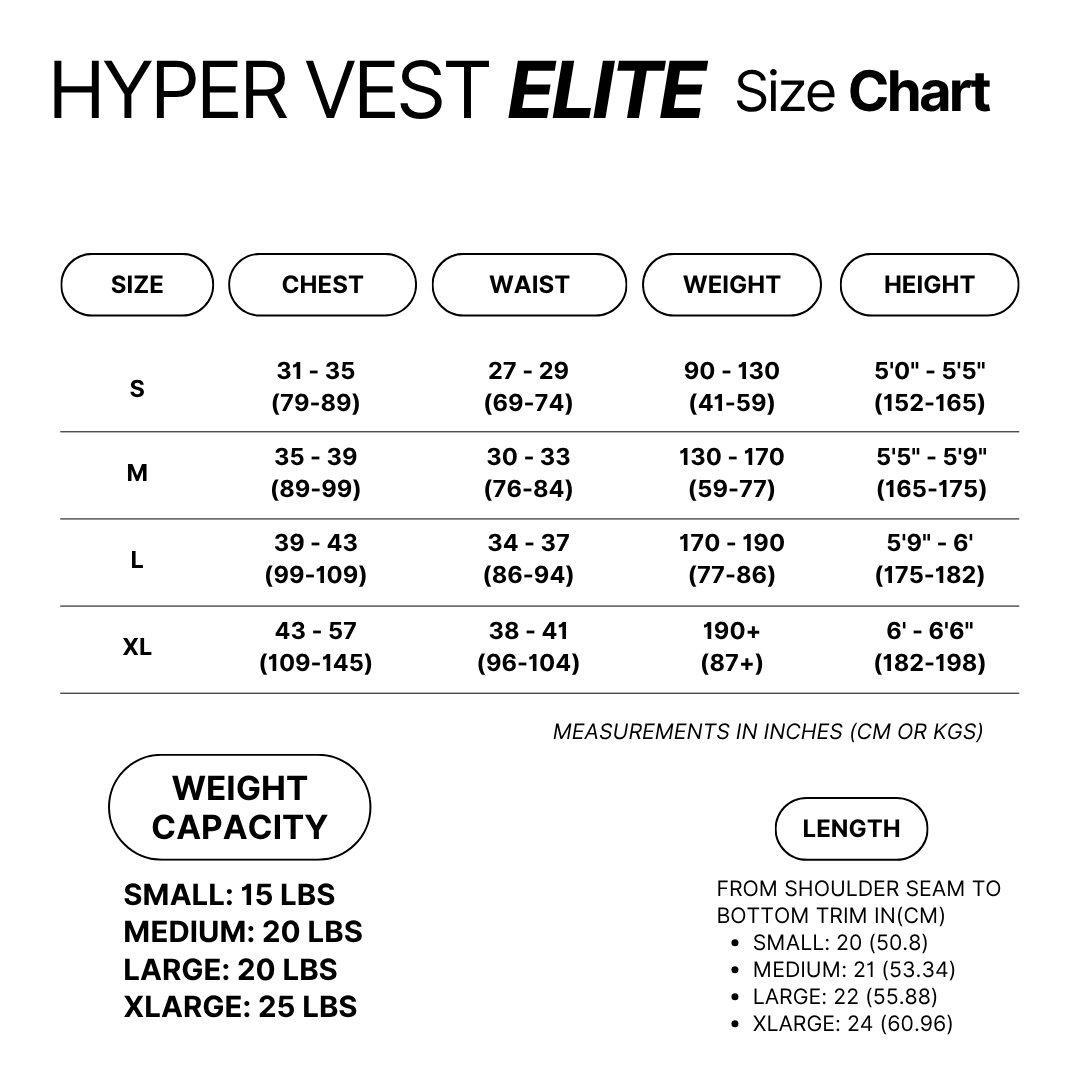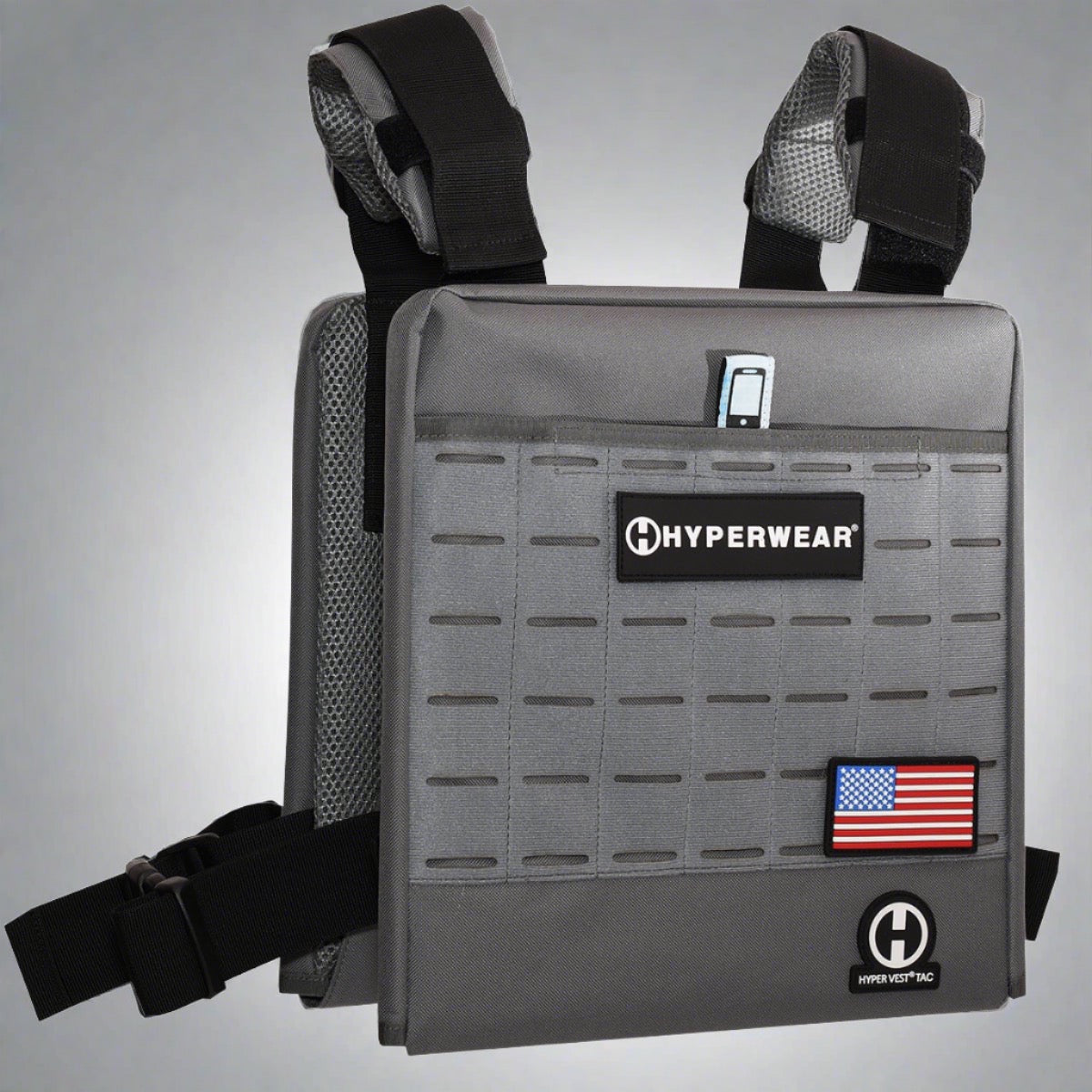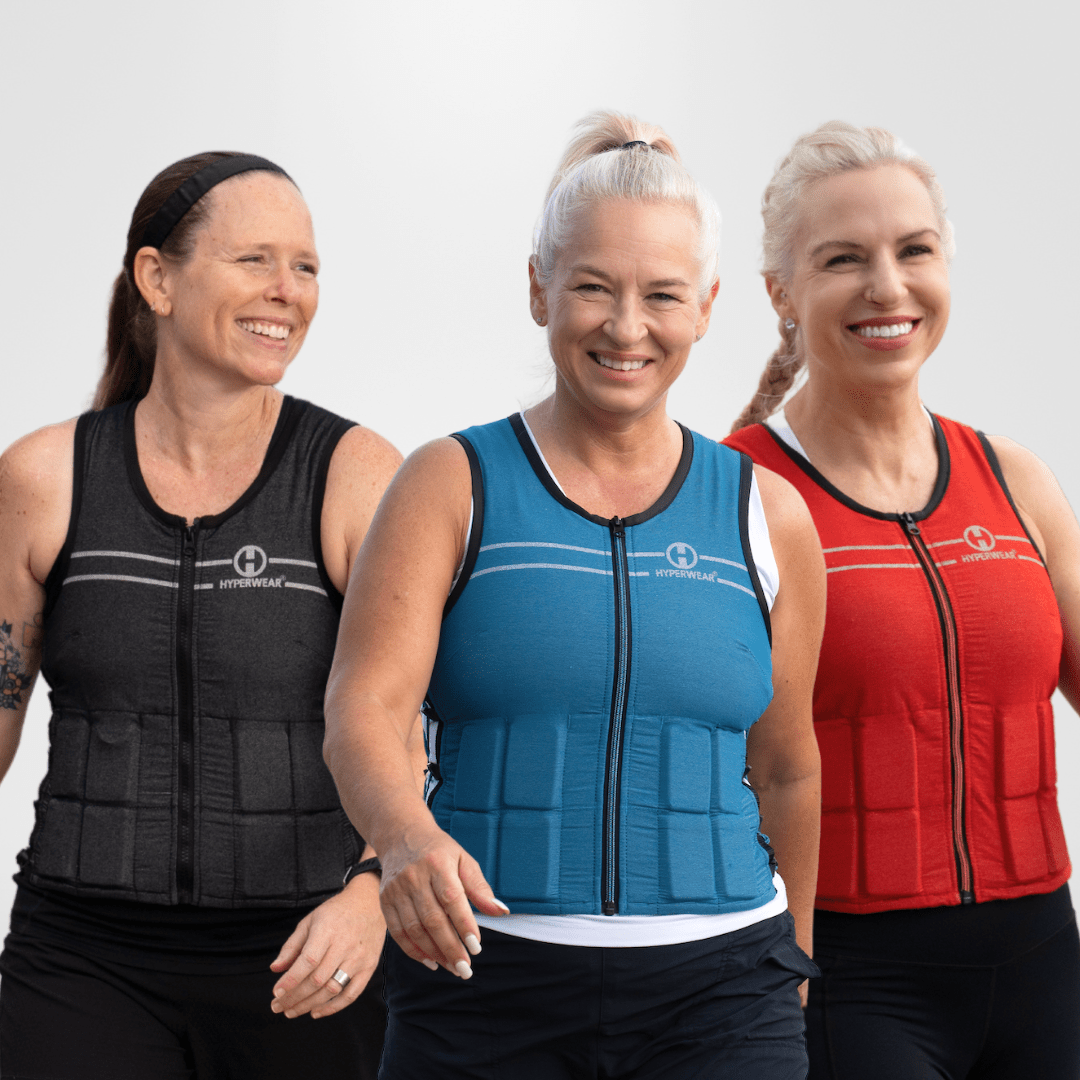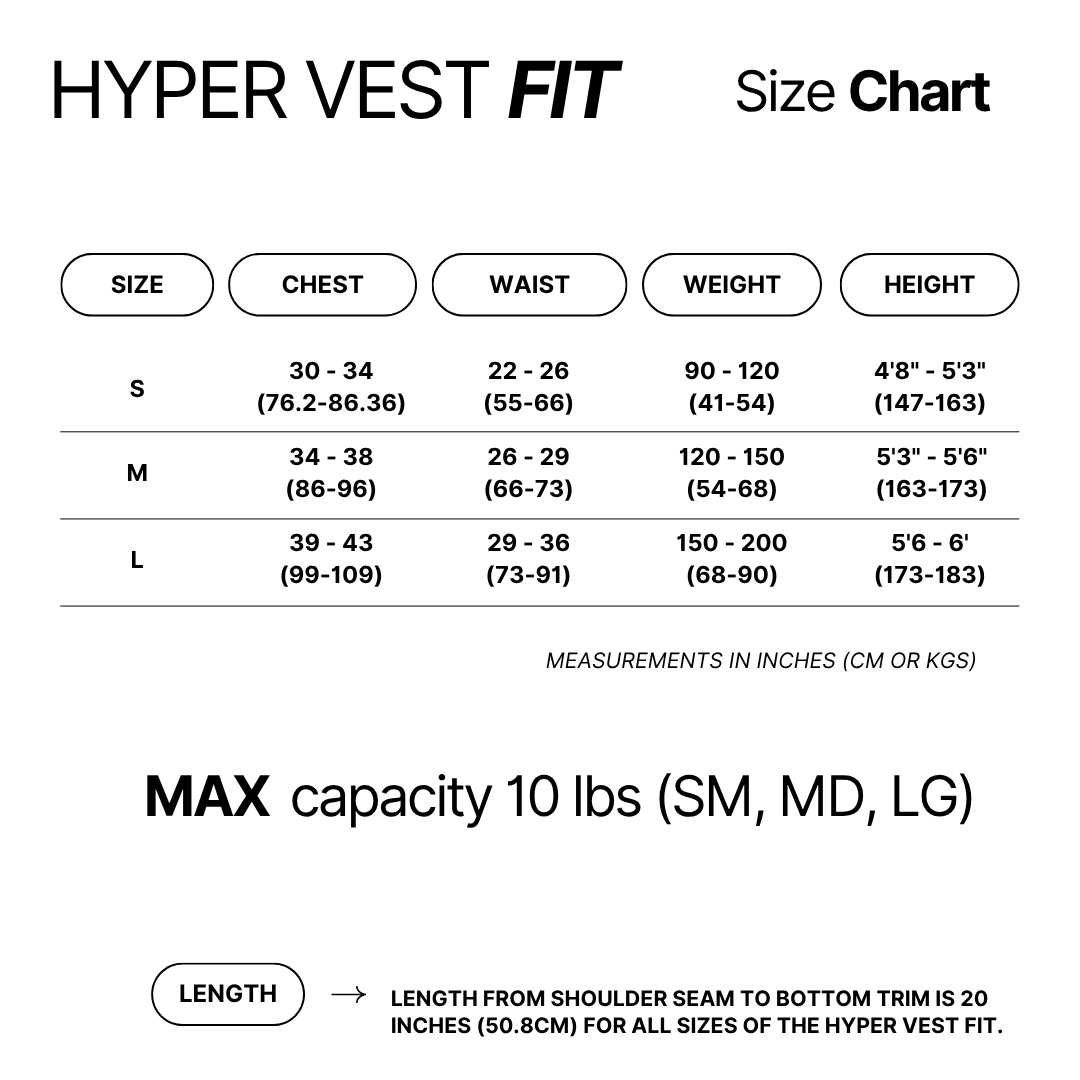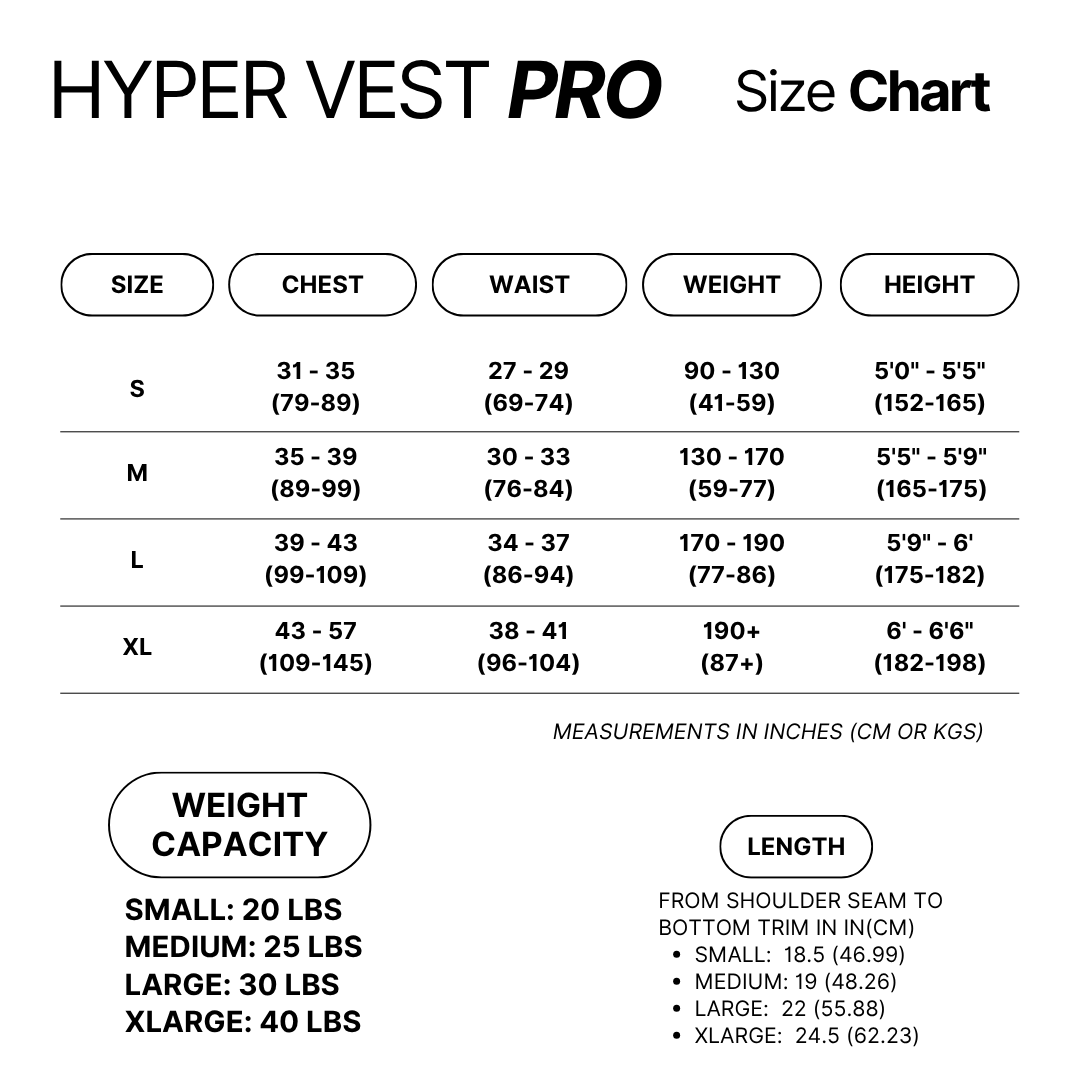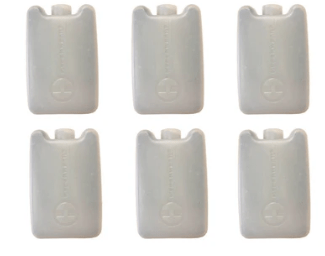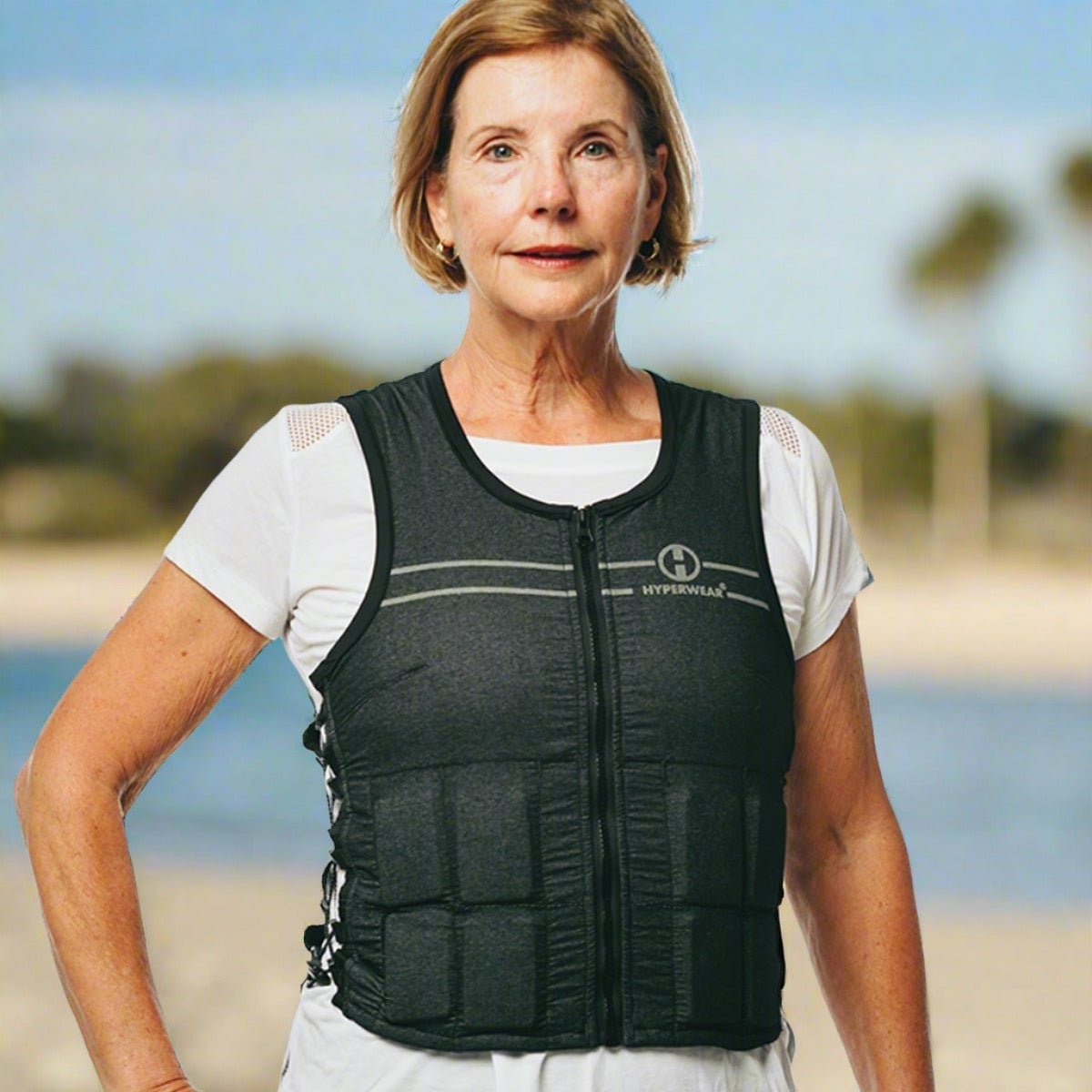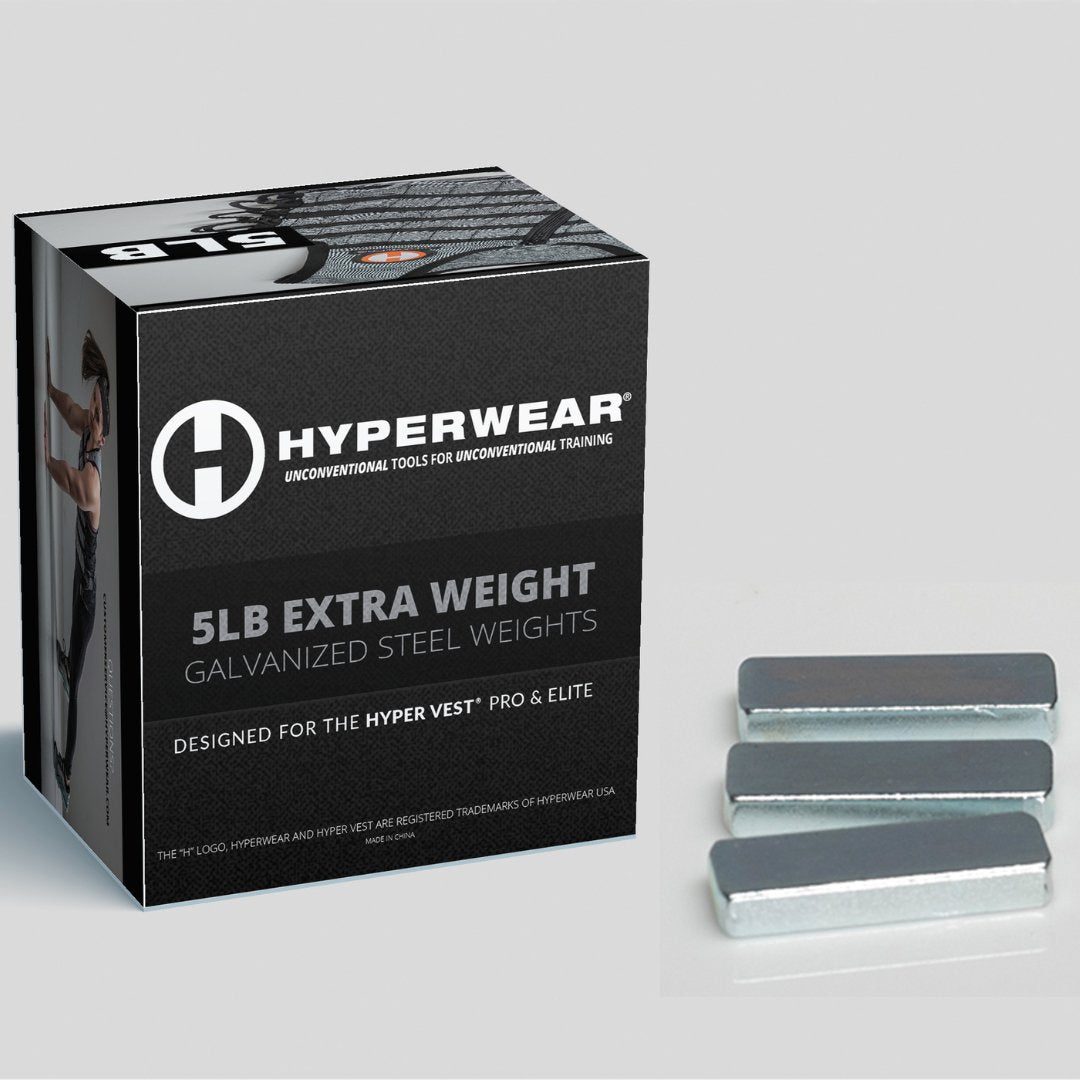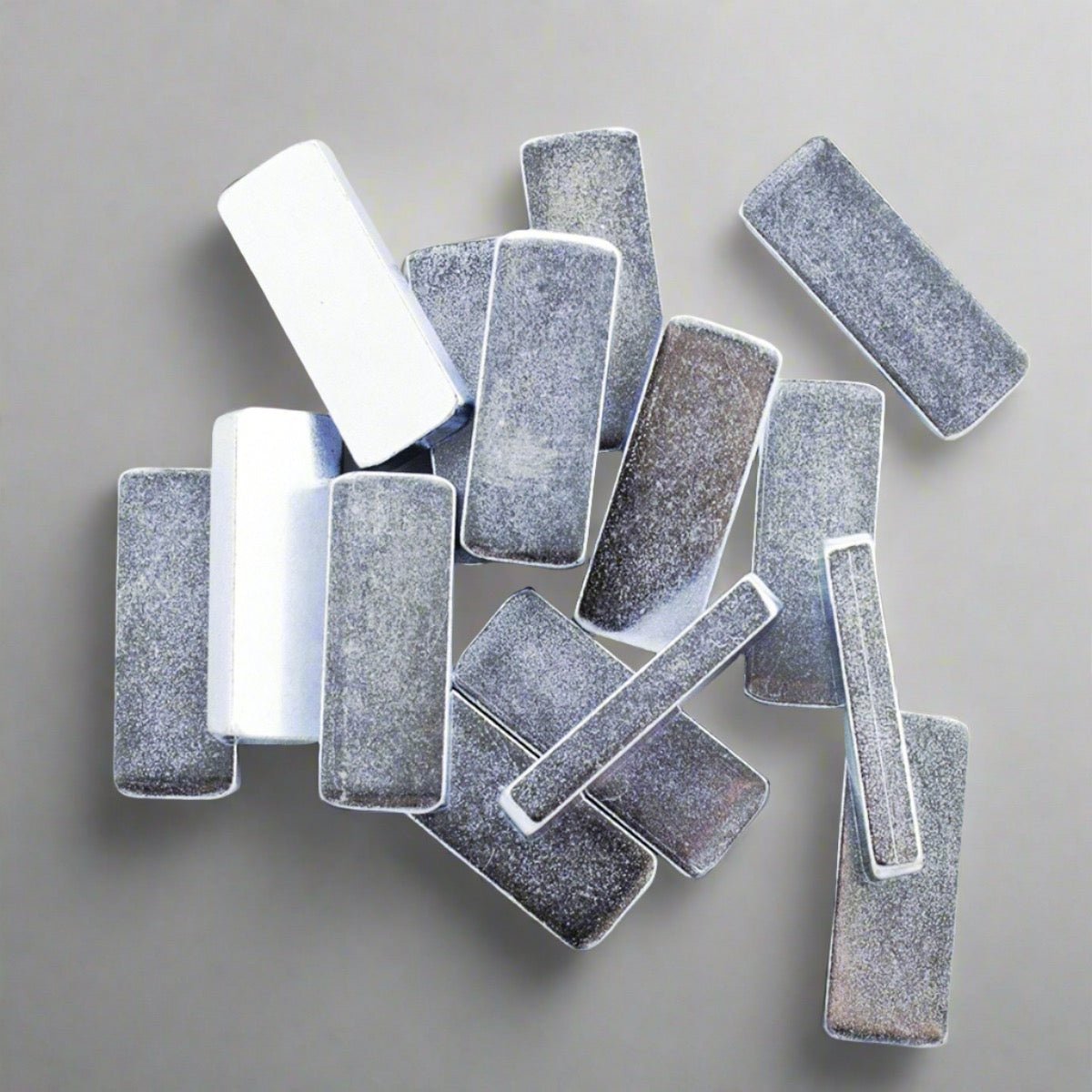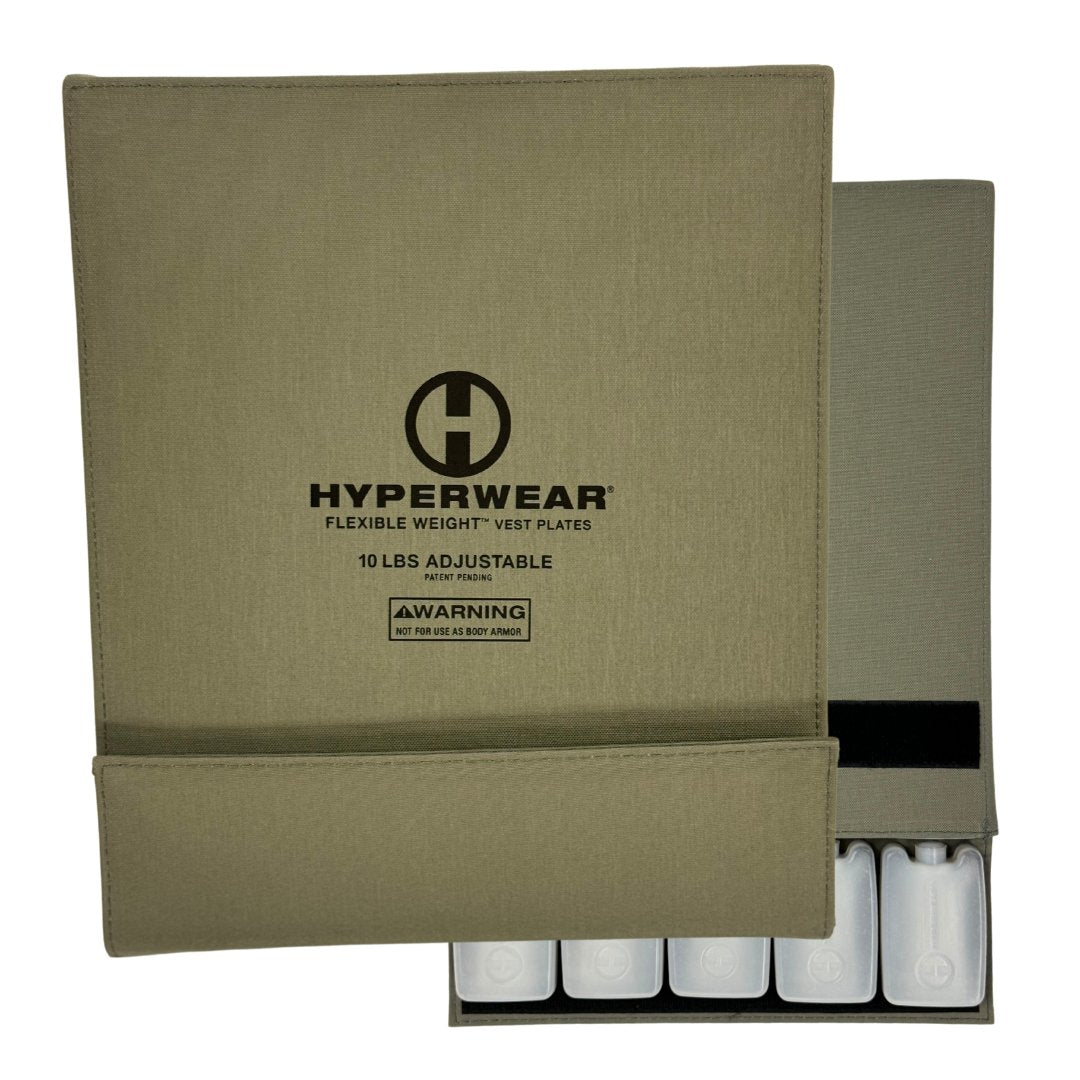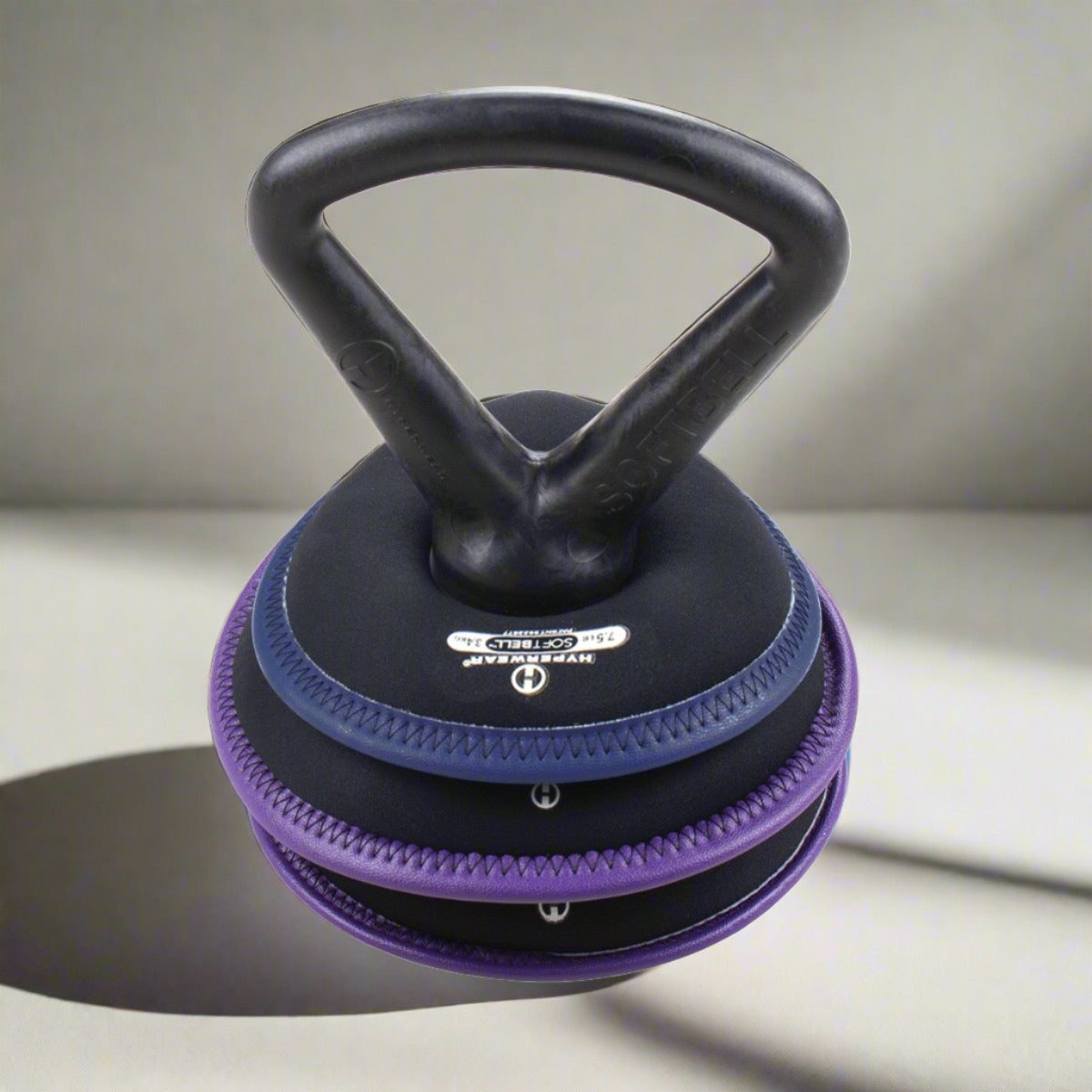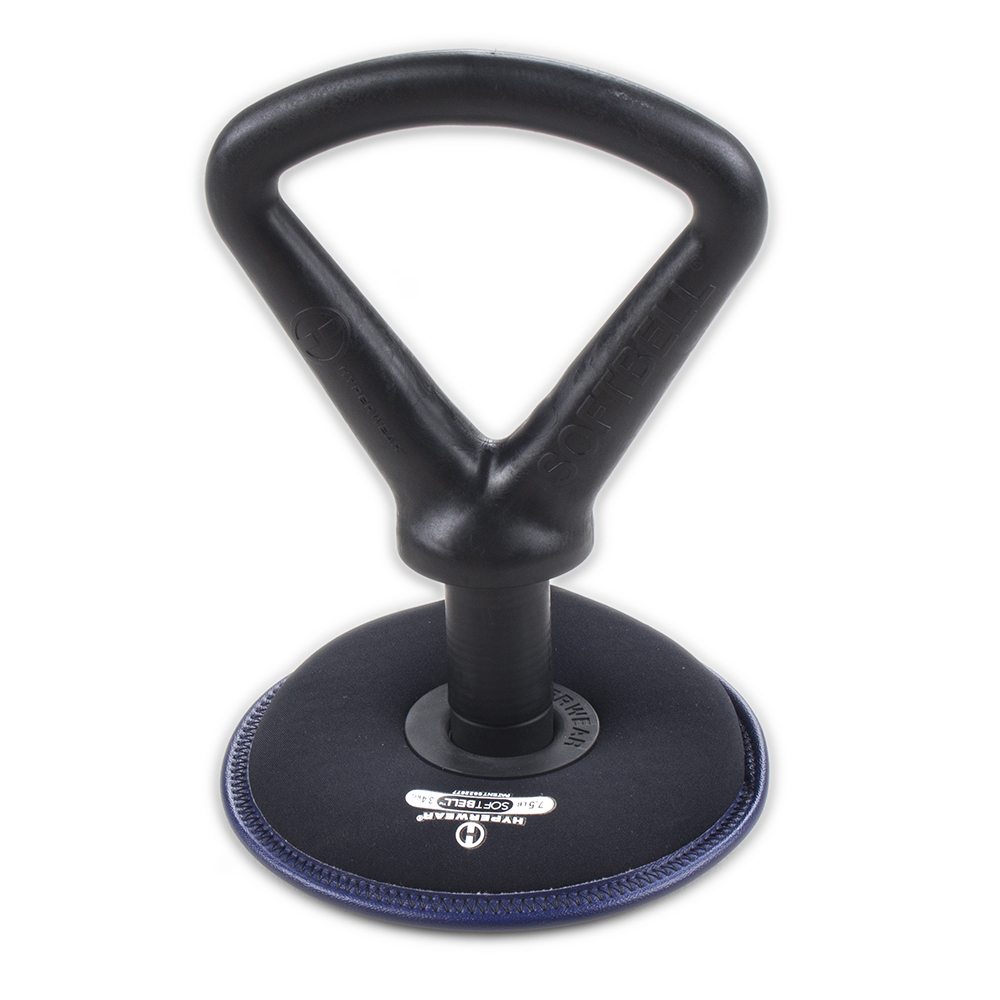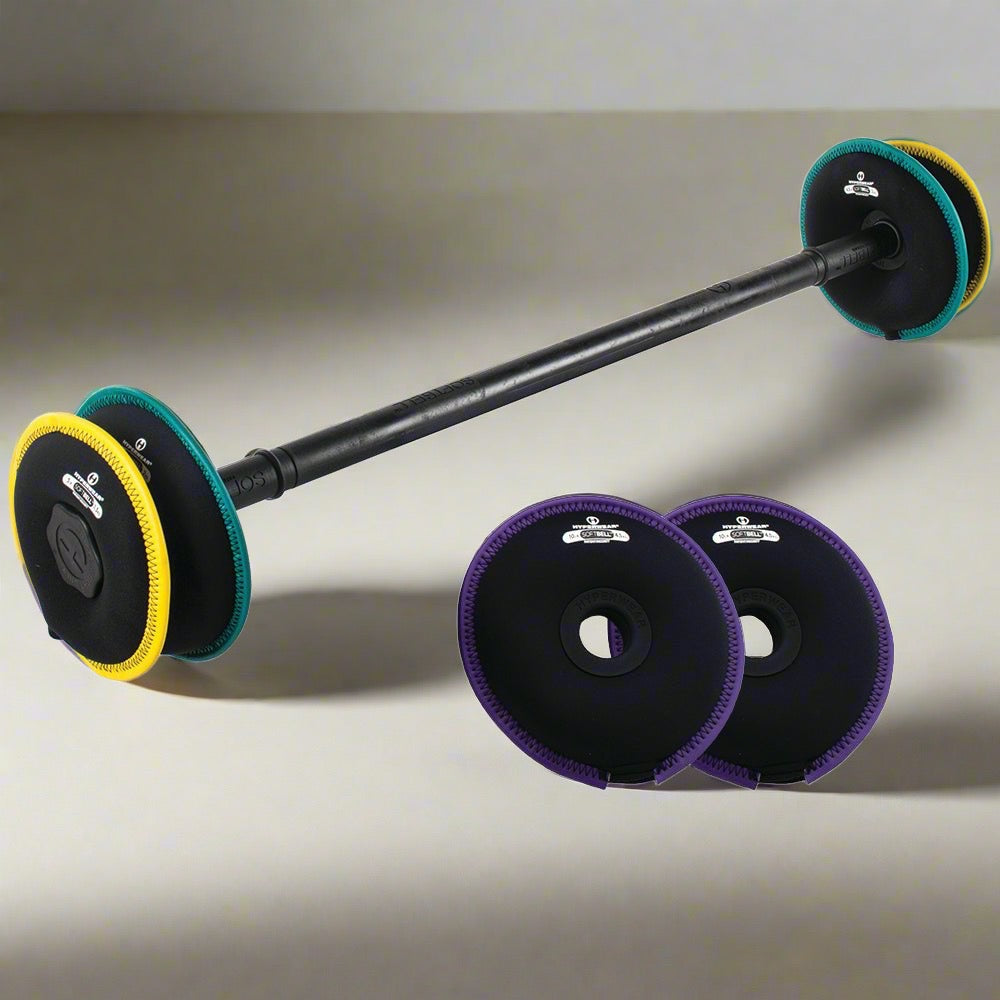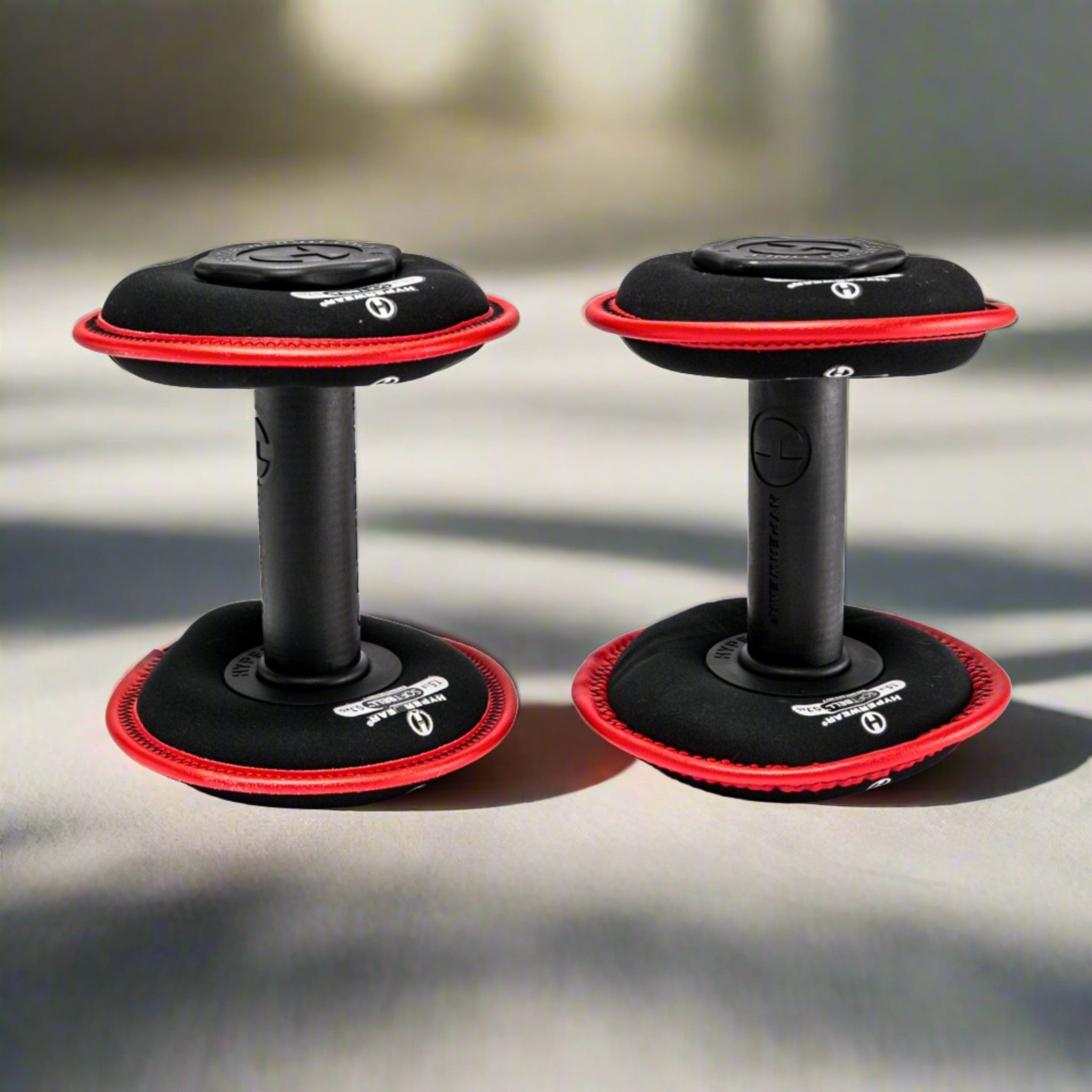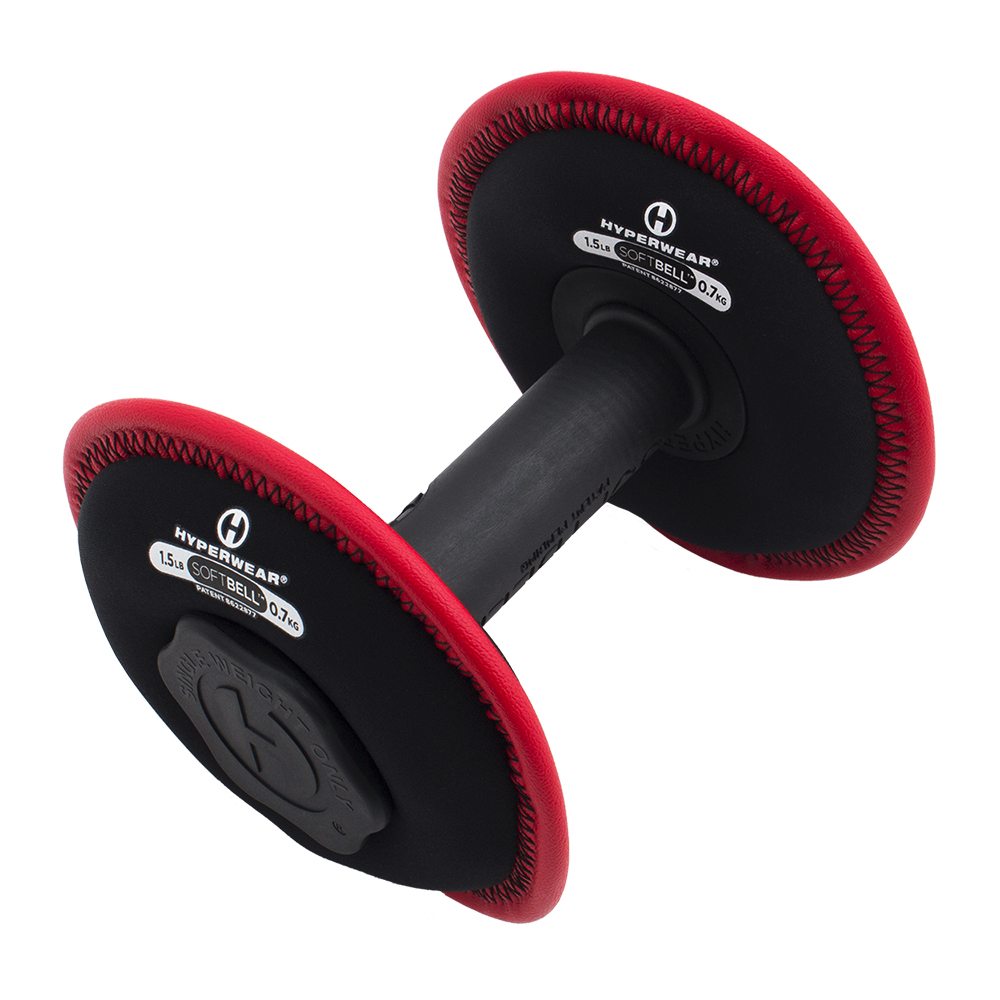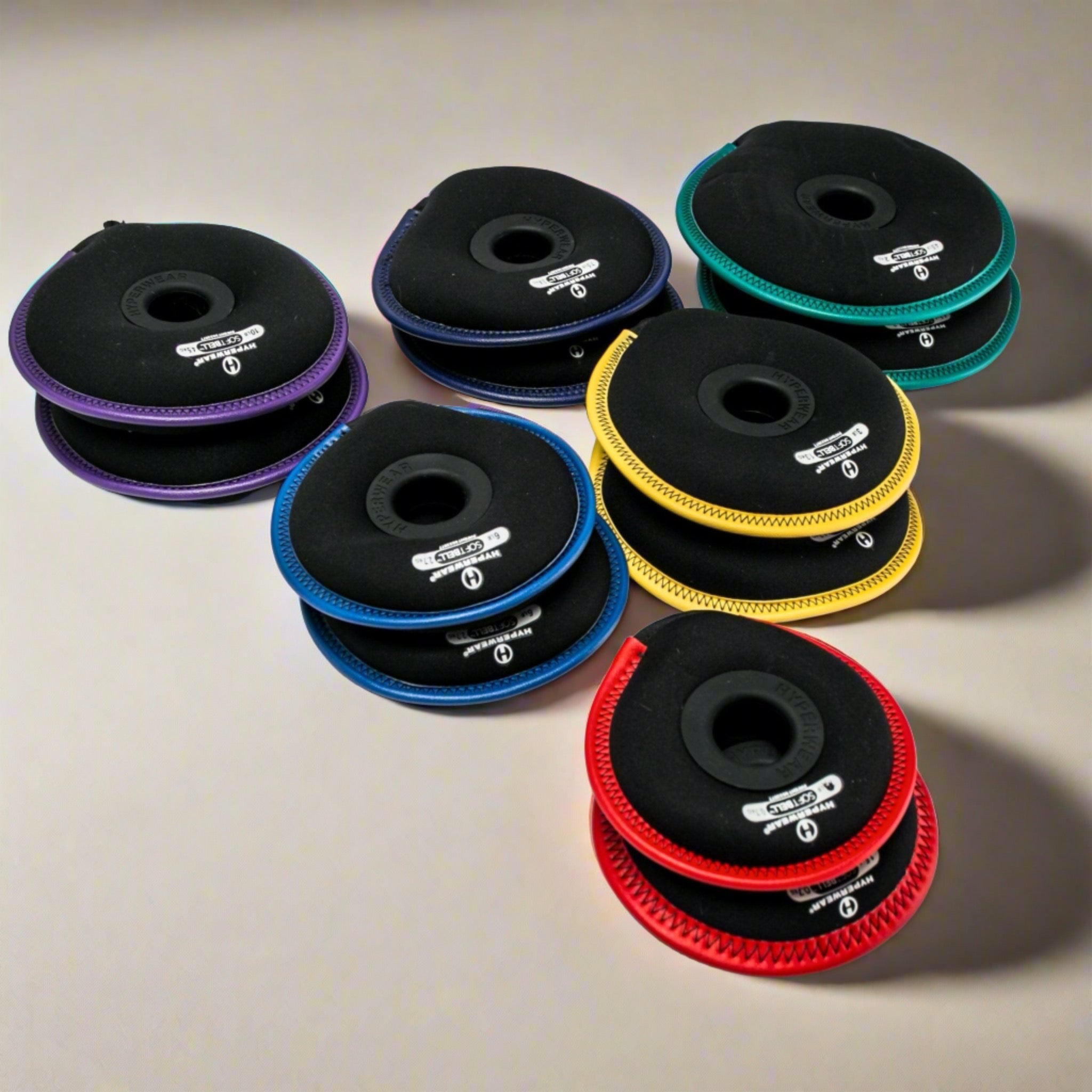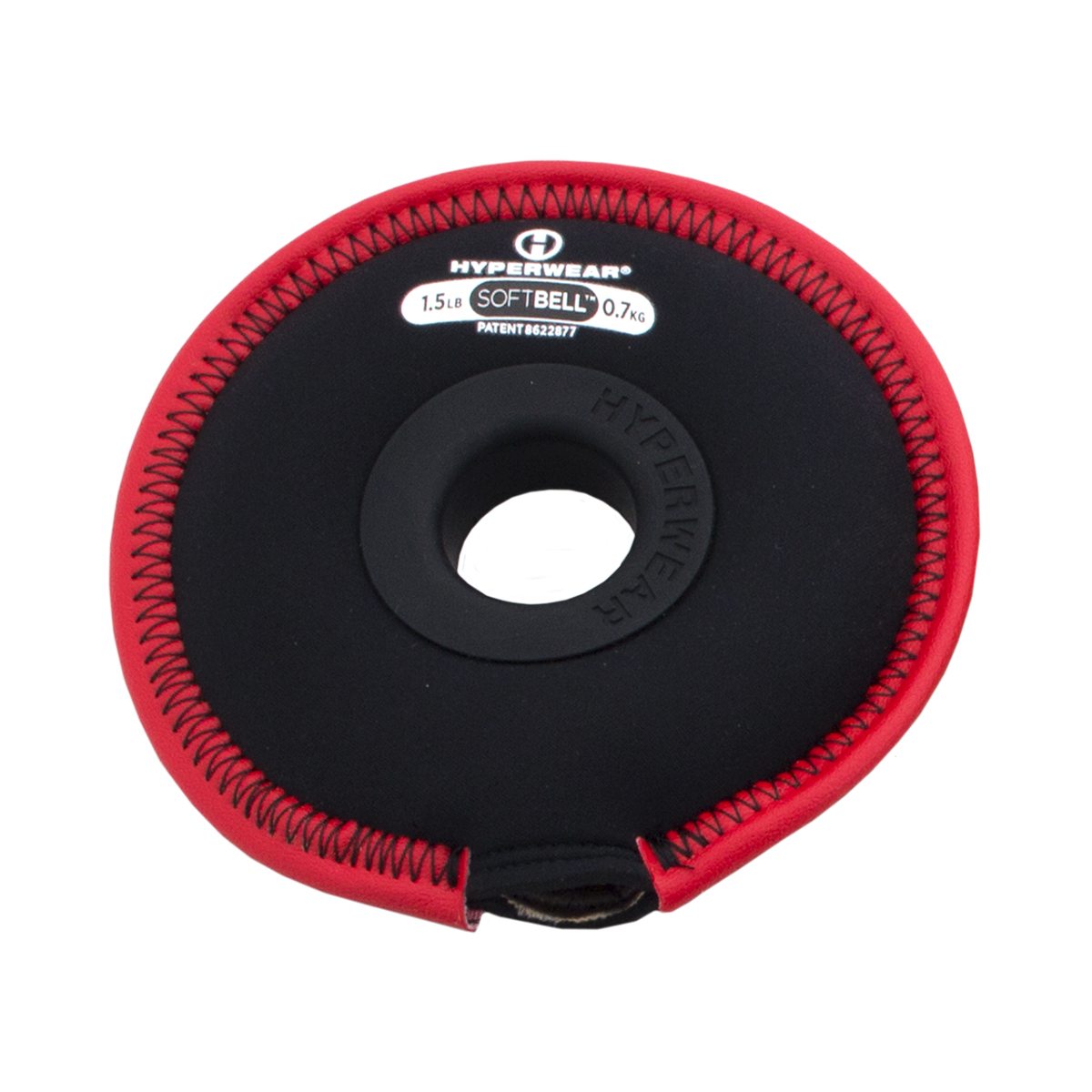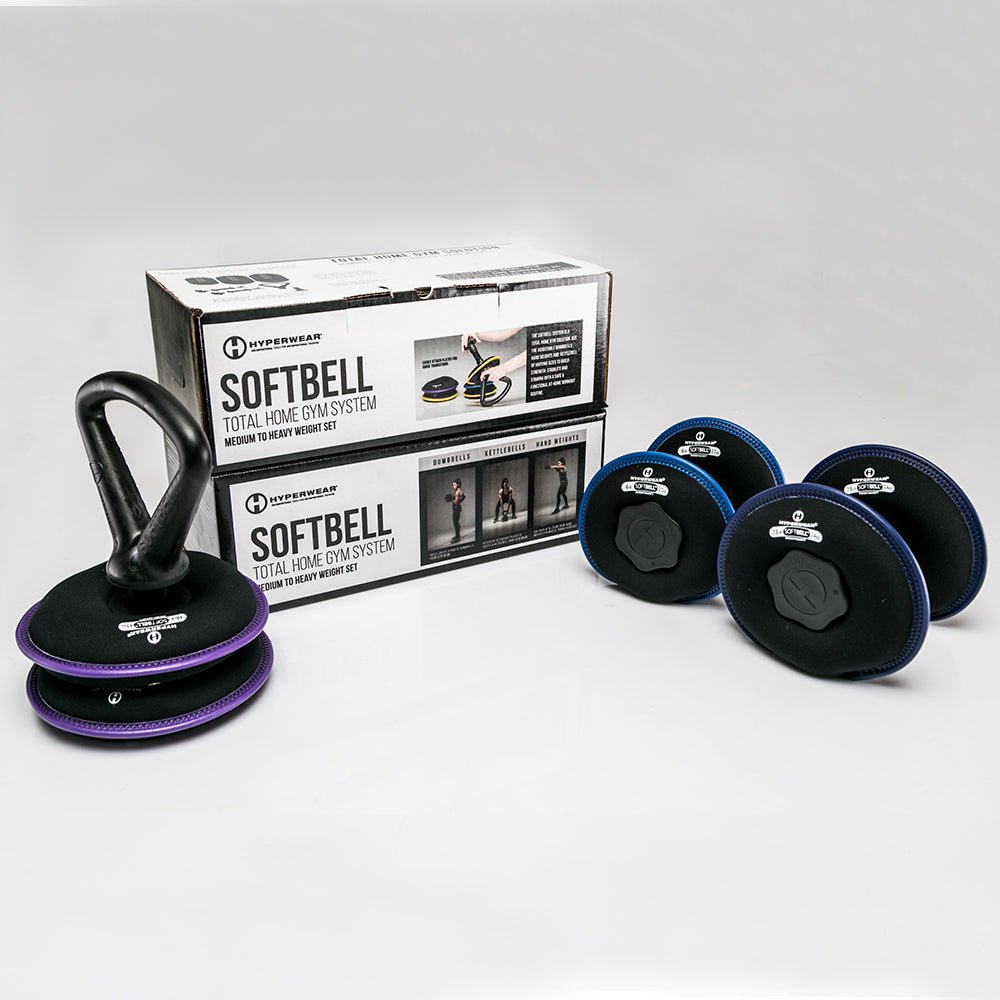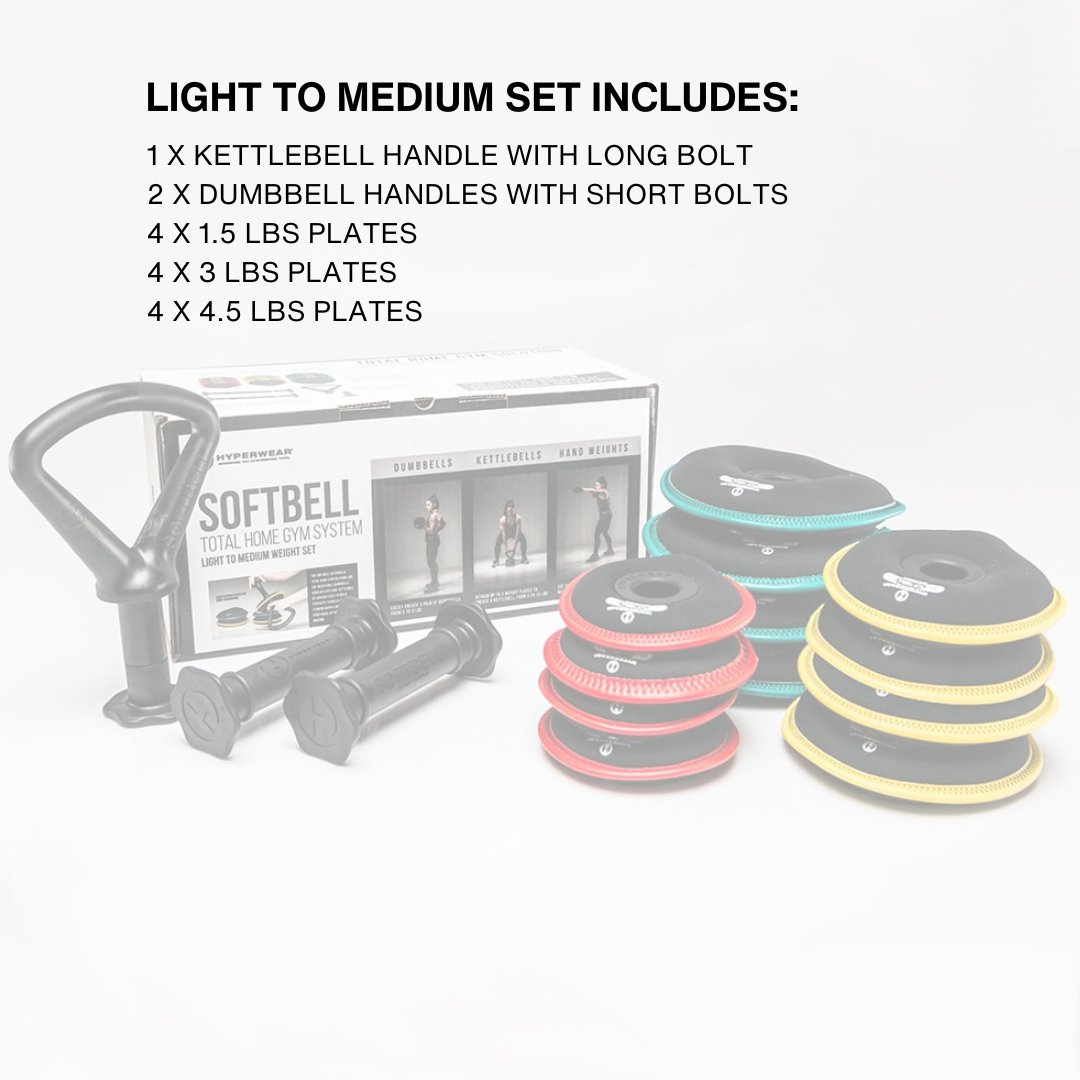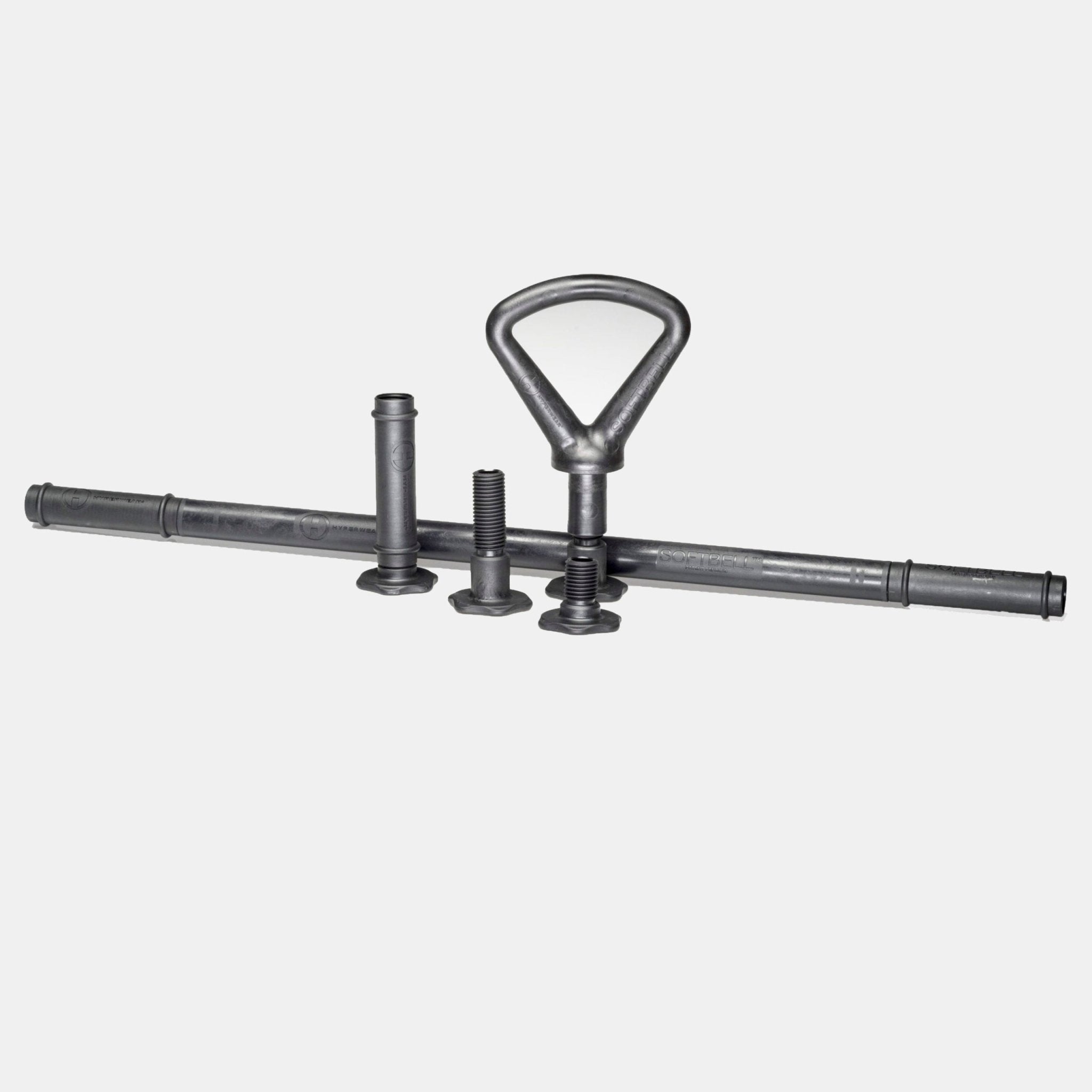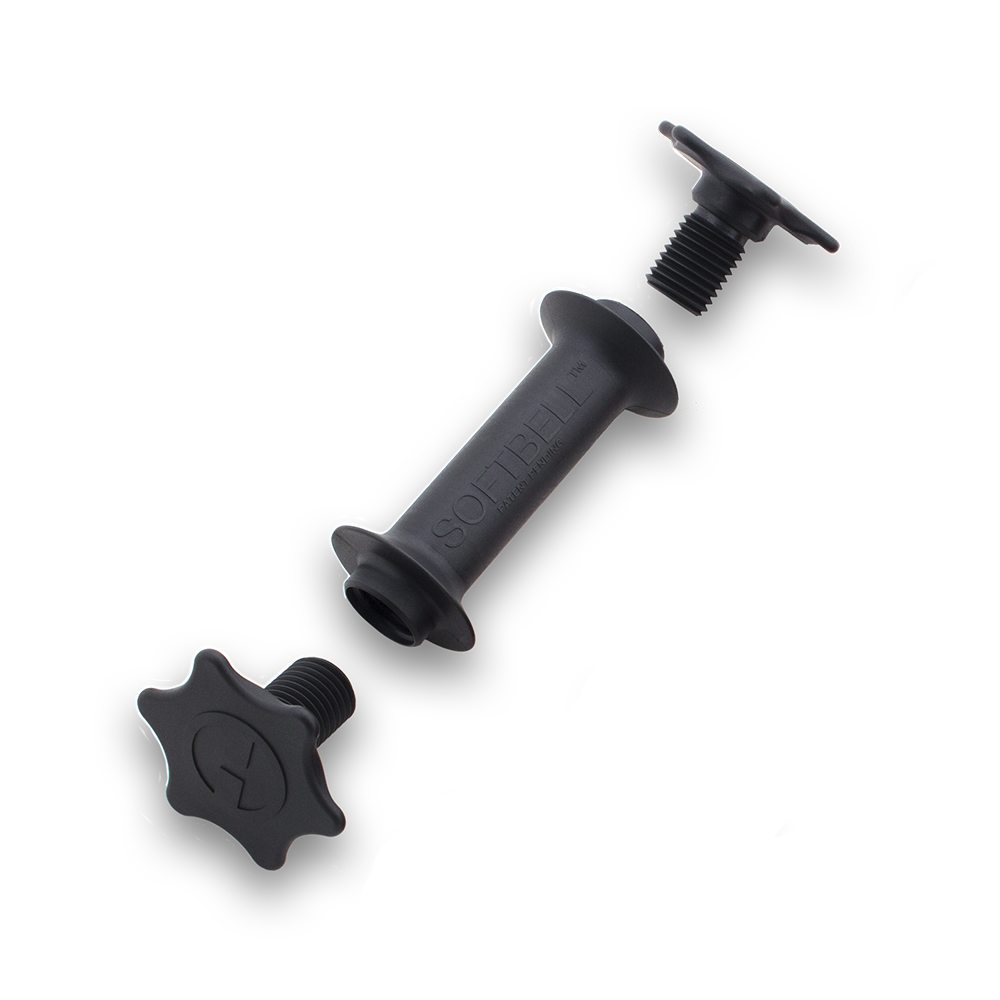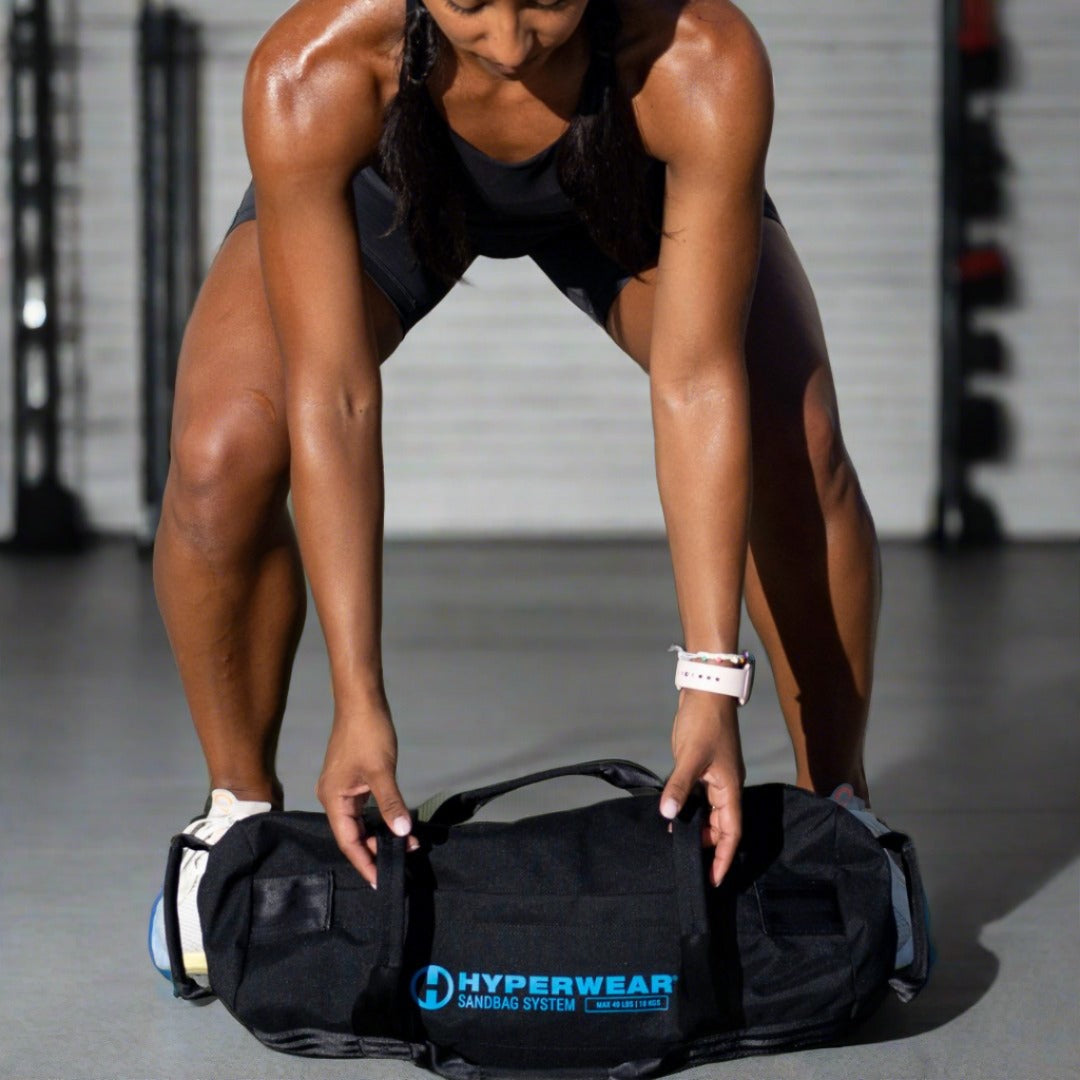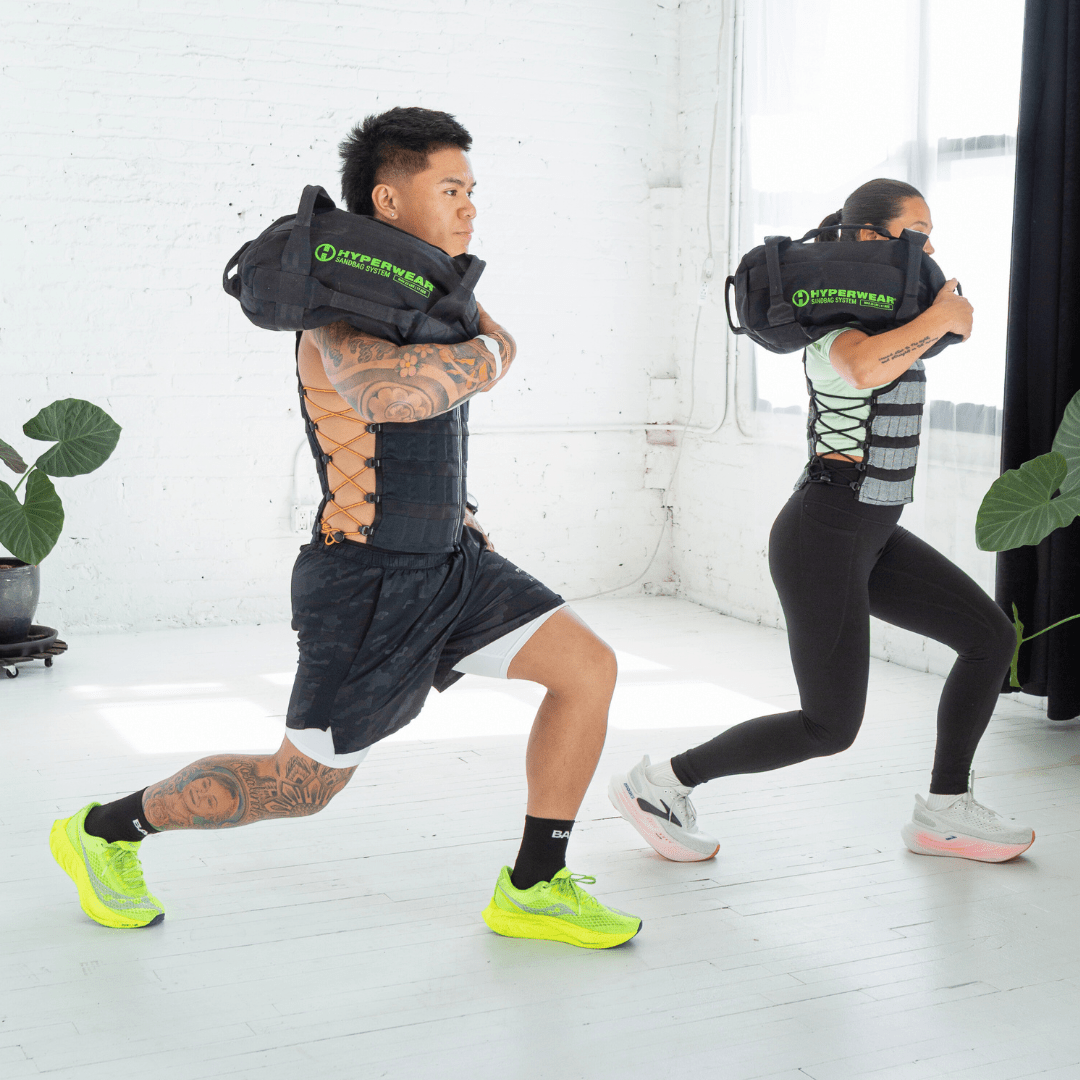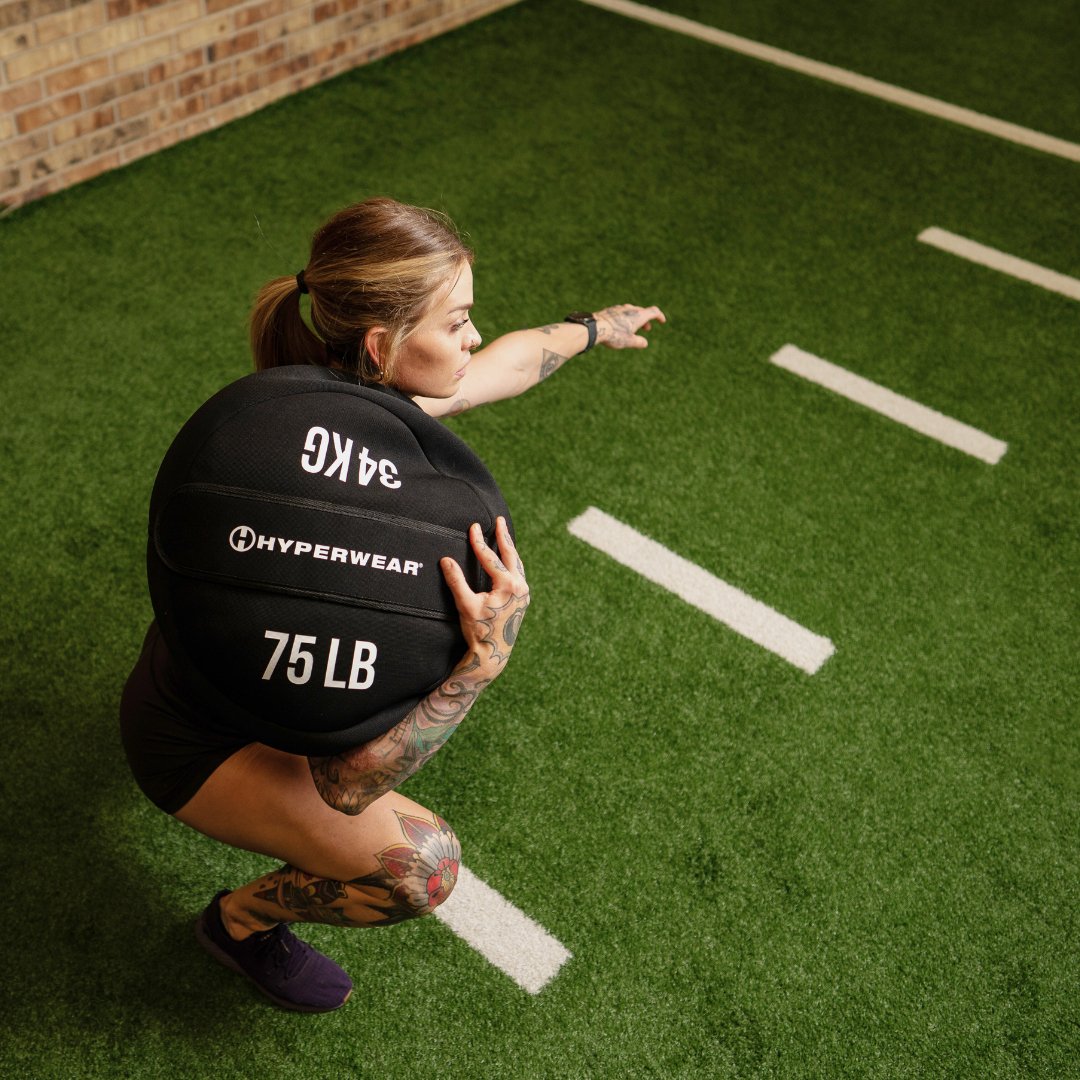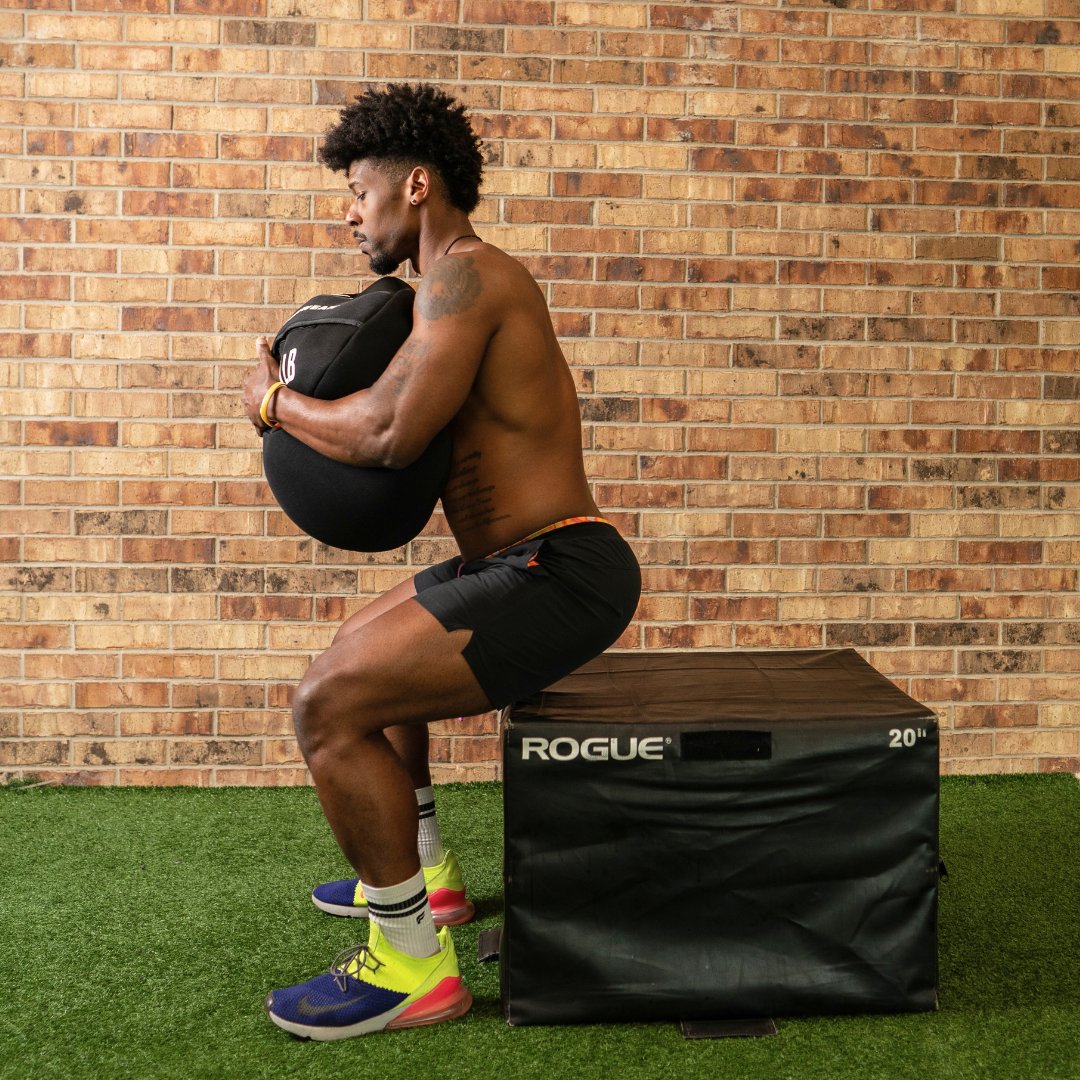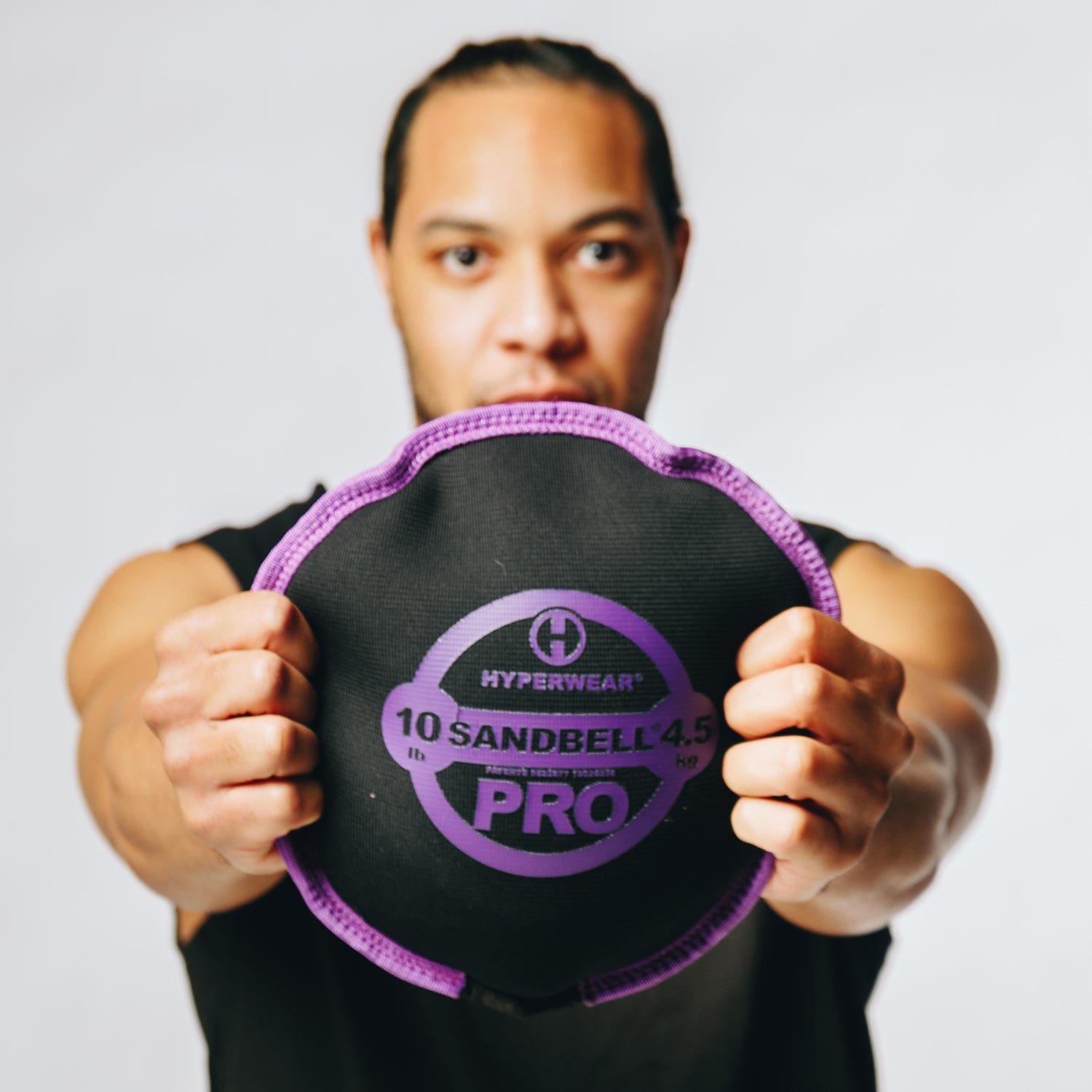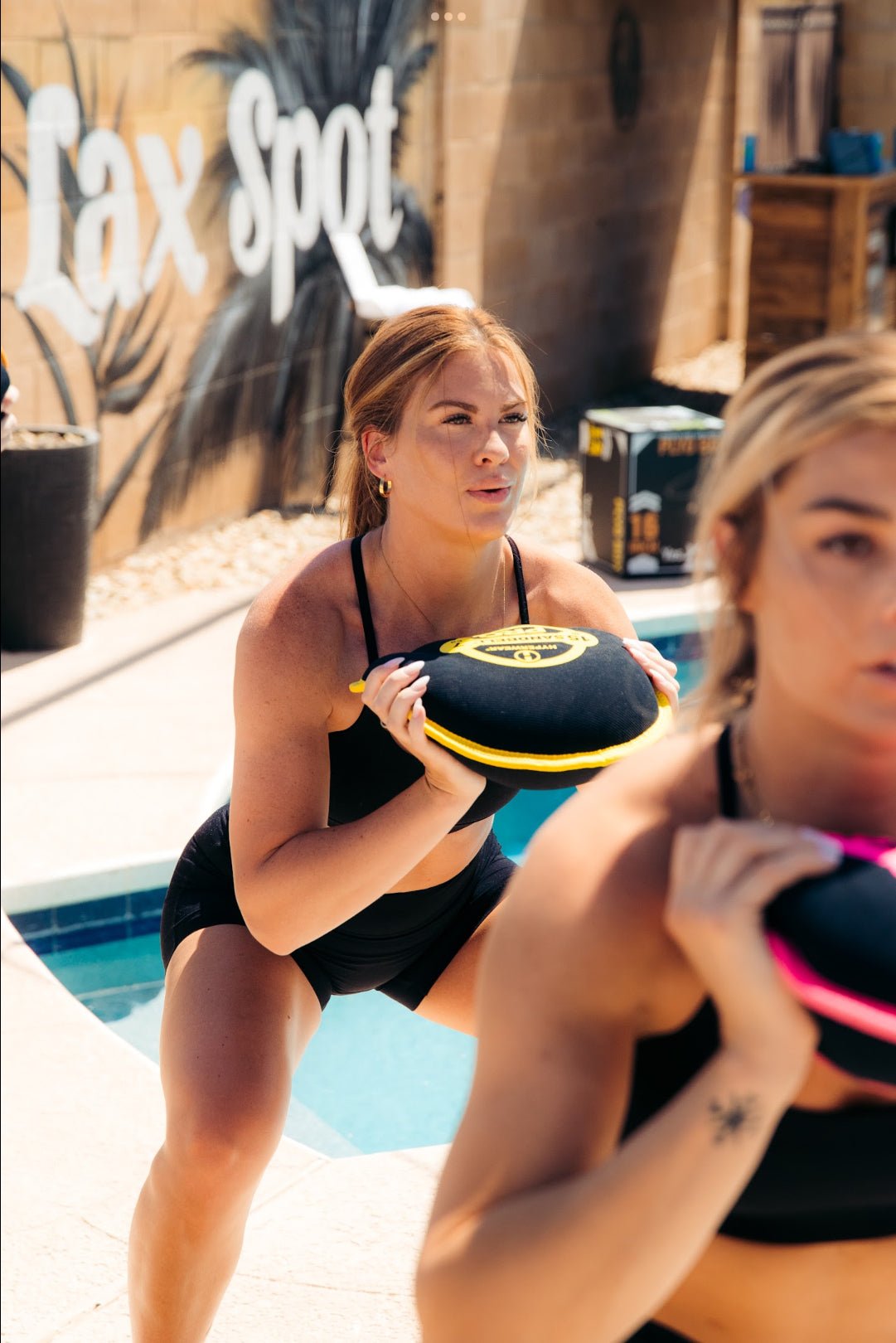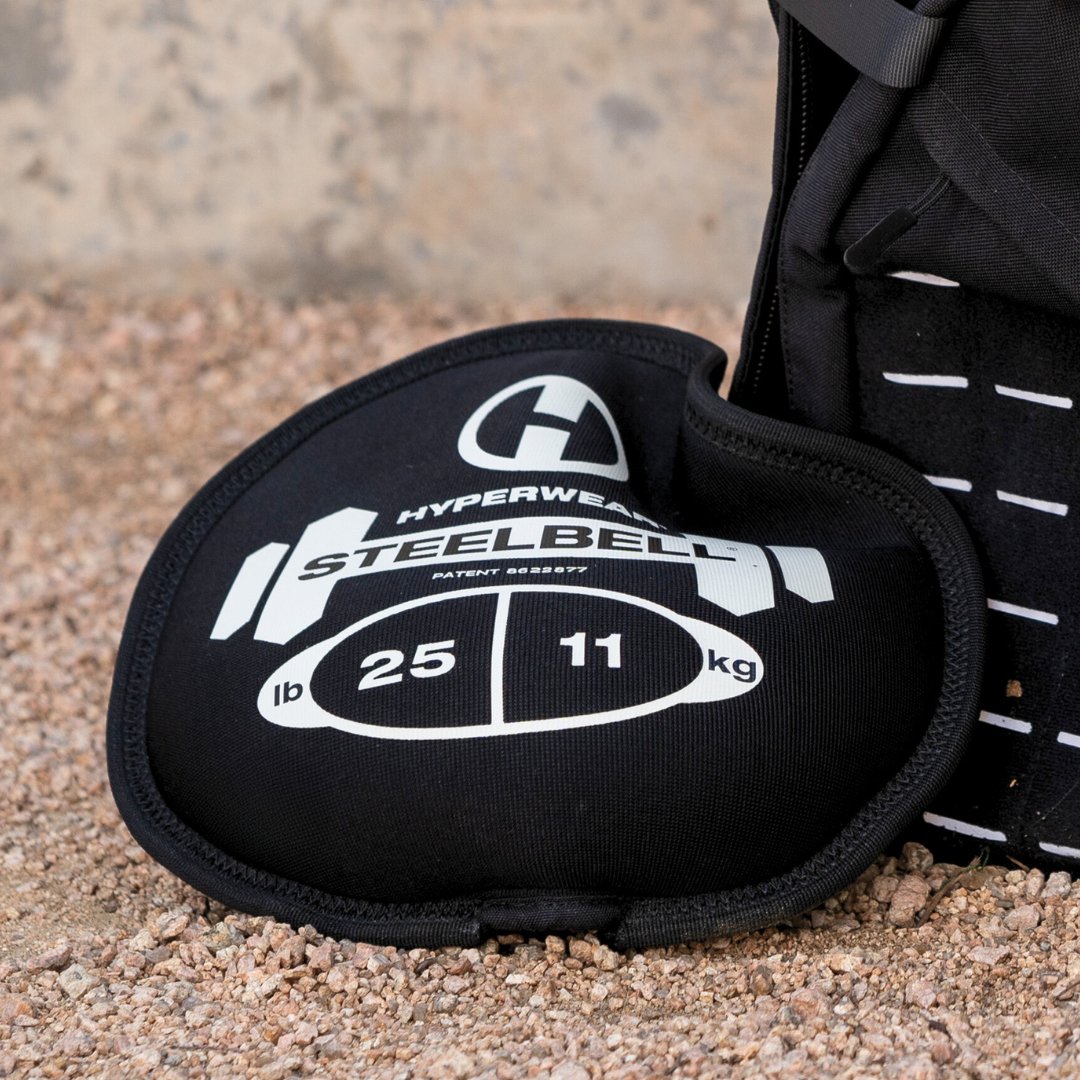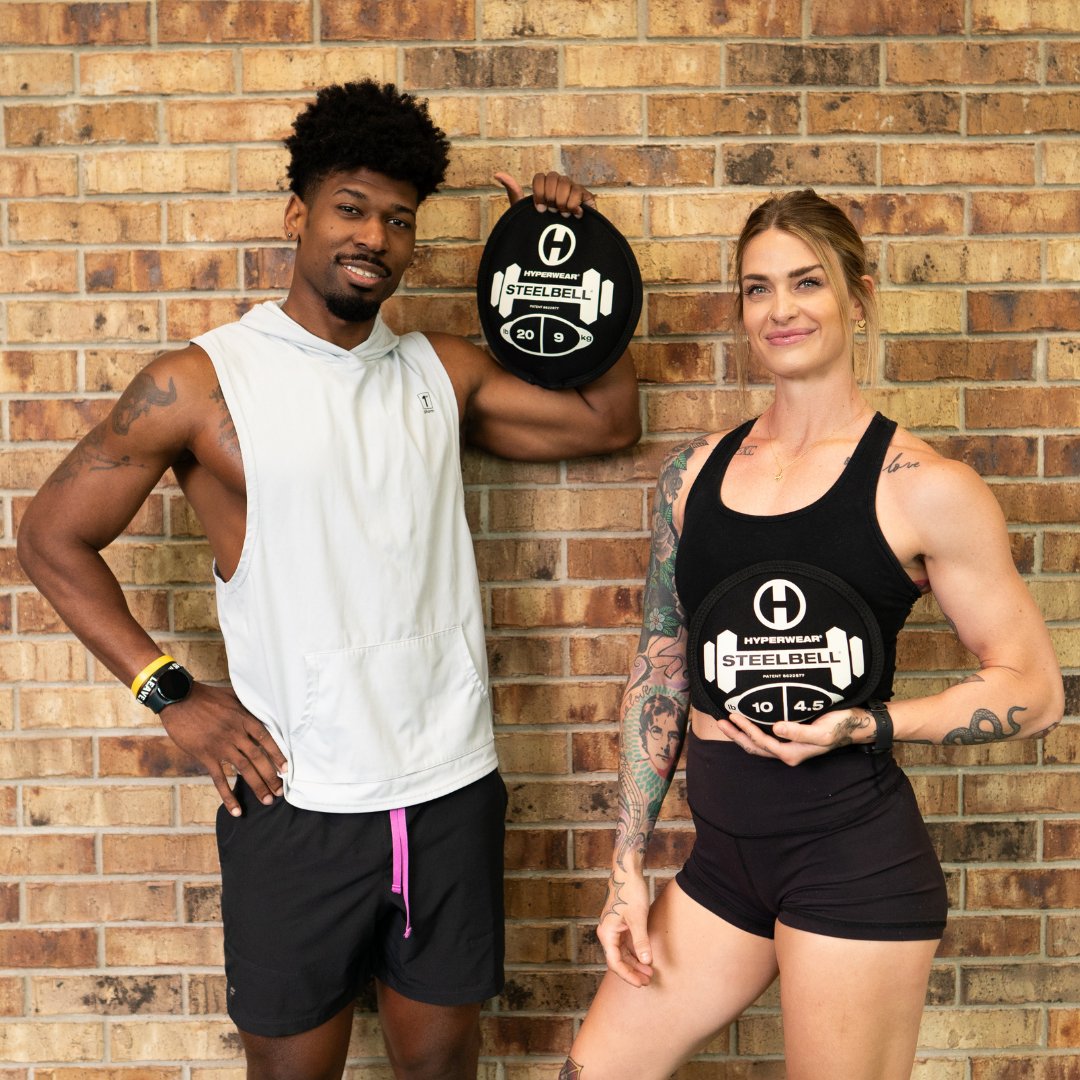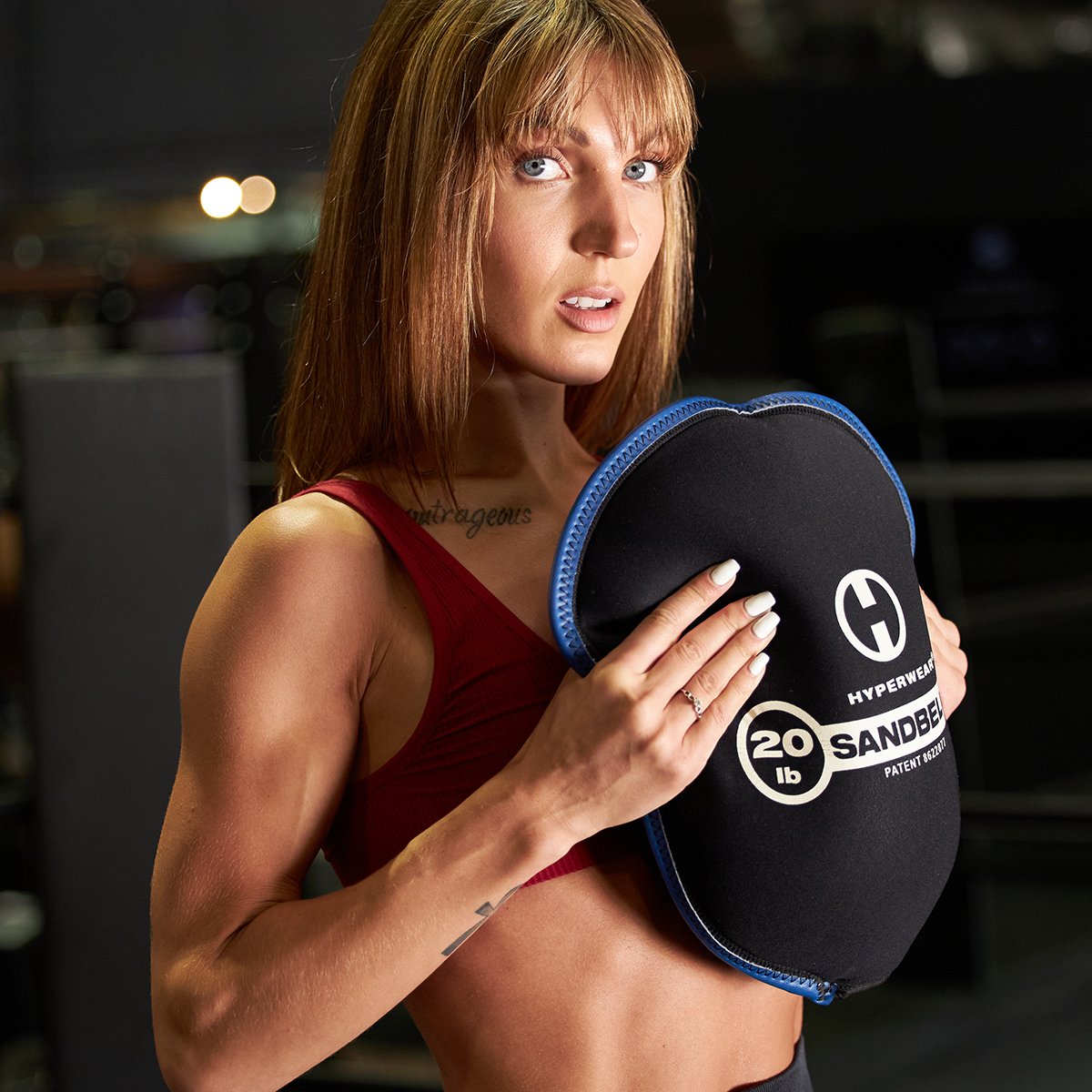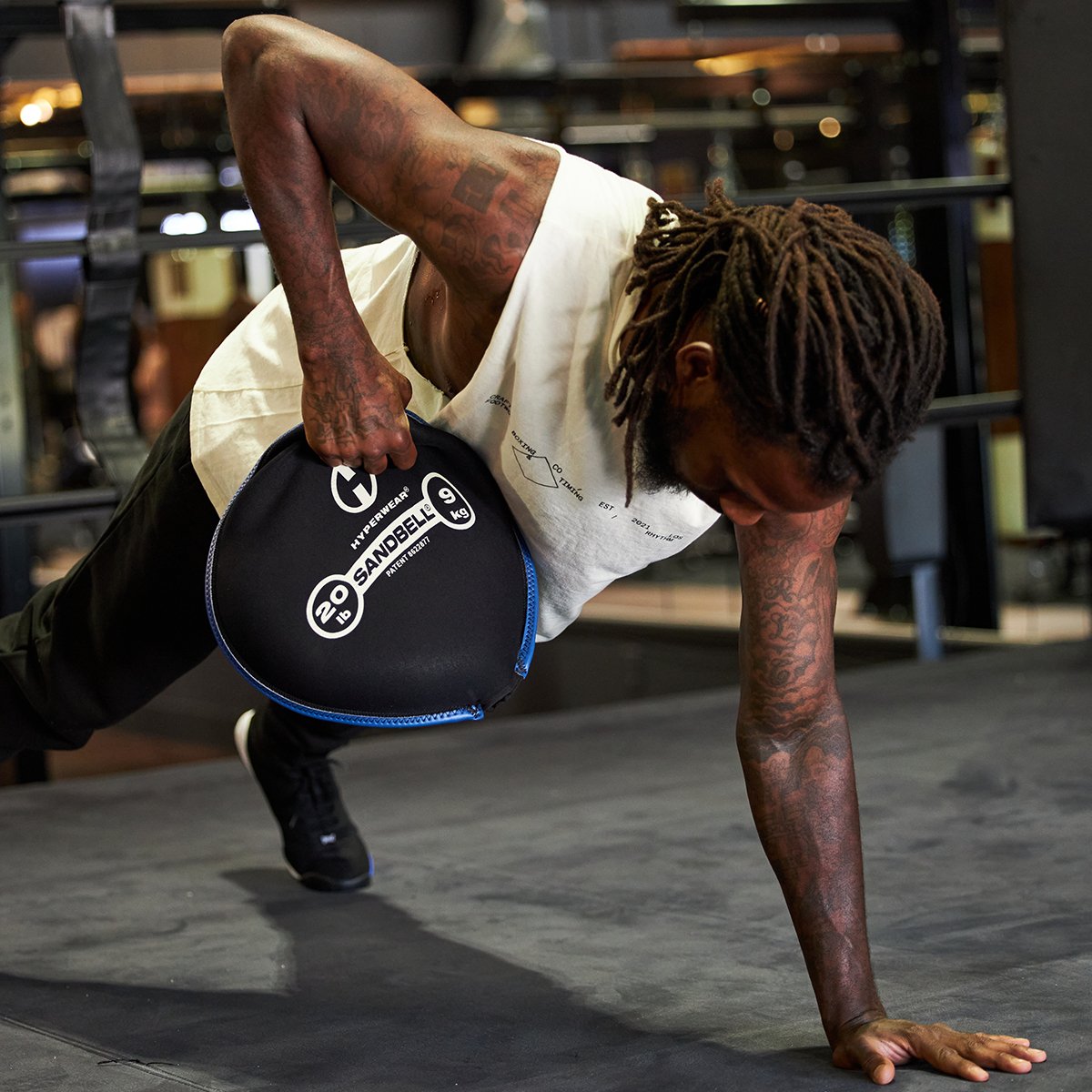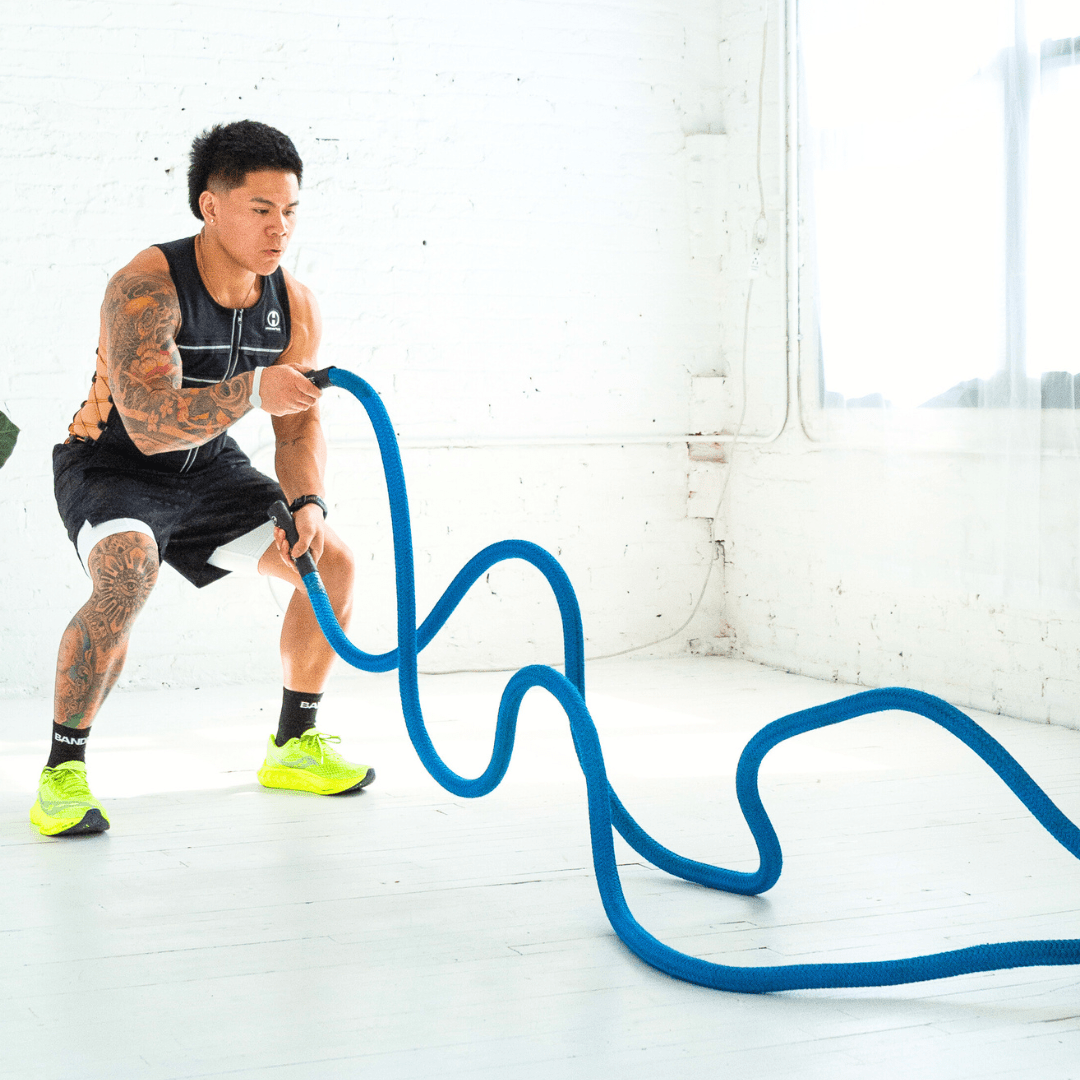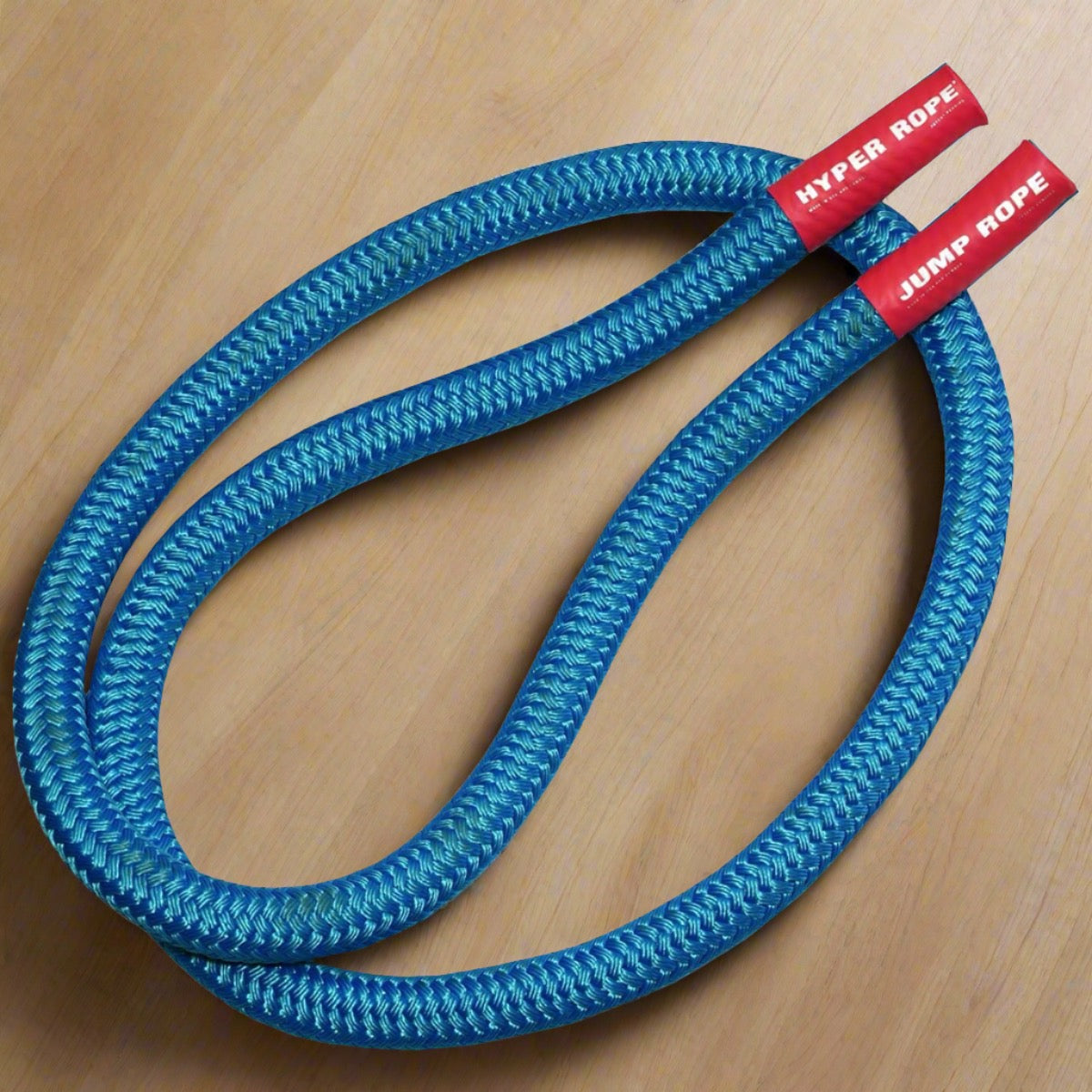When did you first start to participate in Obstacle Course Racing?
My very first race was a tough mudder in 2016, followed by a spartan at the end of the year! But I didn’t find the competitive side of them until the end of 2017, and once I found that, I was hooked for good!What type of racing events have you competed in? (example: OCR, dekafit, hyrox, ultra running)
It all started with the obstacle course races, but quickly escalated from there- my first ultra was an obstacle ultra, followed soon after by a 50 miler. As I got more involved in training, strength training was a big component of progressing as an athlete, and when DekaFit and Hyrox came on the scene I found I really enjoyed them as well!Would you compete in other types of events? If so, what type? (example: marathons, crossfit, american ninja warrior, powerlifting)
For now I’m happiest on the trails, otherwise marathons may be more appealing to me! The training and competing I currently do plays really well to the full well rounded athlete, and I don’t see myself giving up any facet of that to go all in on something super specific that would take away from some of the other areas I enjoy.What role has Grit Fitness and functional performance training played in your success?
I found grit not long after I found OCR/racing/running in general, and they’ve helped build me- as an athlete, but also just as a person, with a great well rounded approach to the full athlete and a great community! I’ve learned just about everything I know about fitness today from them, and am so grateful for the strong foundation they’ve given me!Is your goal to be a professional athlete?
I don’t really see myself ever being a professional athlete, I think I would have a hard time putting so much pressure on my performances and racing. I race and compete because I love it, and I don’t want to lose that!At what point do you see yourself stepping back or taking a break from the number of races you are competing in?
I live by the philosophy of “you don’t stop moving when you grow old, you grow old when you stop moving”. I plan to keep moving to my max potential for as long as I possibly can, don’t have time to be getting old yet!What training, nutrition and recovery advice would you give to athletes and are you coaching anyone?
No, I don’t coach anyone. The best athletes aren’t always the best coaches, and I don’t have the foundation or the knowledge to feel comfortable sharing with others from a professional stance yet. As far as advice? Listen to your body! No matter how you feel about it, good or bad- you can’t reach any goals or accomplish dreams without a well functioning body, so the more you keep sleep, eating, and drinking on track the more capable your body will be of achieving anything/everything! Quality over quantity, don’t get lost in the training and lose track of the goal- train the necessities, but train for something- and always keep pushing yourself to the next level!What does a week of training during the race season look like for Kris Rugloski?
My weeks can be pretty all over the place, but I like to try to run something every day- lots of slow, enjoyable miles, and 1-2 quality run workouts a week. I like to get 2-3 good functional fitness workouts in earlier in the week, and then just something fun like a hike towards the end of the week. Keeping some kind of a routine like this keeps me progressing, but also feeling ready for races on the weekends!What is your mindset during a race and preparing for another when you are doing two in one weekend?
I'm all about soaking up the experiences as they come, and I think that helps me keep lower pressure and more enjoyment on race weekends in general! Doing two in one weekend is just a chance for more fun, so mentally making sure I’m looking forward to it instead of dreading it. Physically preparing is a huge boost to the mental side of things, so I always make sure I refuel and rehydrate ASAP after racing the first day- and get as much sleep as I can before the second day.How and when do you use weighted vests and workout sandbags in your training?
I used my weighted vest just to add a little extra spice during some runs and workouts- if I’m doing a shorter run, especially with bleachers I like to add the extra challenge of doing it with weight just to get a little more out of it. I’ve also found practicing obstacles with extra weight forces you to be more precise and efficient in moving through obstacles! Sandbell workout sandbags - I use all the time. Love the uneven weight, functional shape and diversity they provide! You can do almost any basic movement with them, and I like the variability it adds to workouts!How do you approach recovery after a 100 mile trail run compared to a Savage Race?
After a savage race, my goal is to get right back to things as quickly as possible. It’s always fun to ride the high of a good race, but I always try to put that energy towards diving right into the next several days of training. And honestly- my recovery from an ultra or 100 miler isn’t much different! Our bodies are meant to move, and I’ve found if I spend too much time stationery my body just doesn’t feel as great! Even after 100 milers I’ve seen huge benefits in making it a point to move/walk/stretch, even workout some as soon as the day after. It can take a few days to ease back into a normal workout routine, but that’s no excuse to not still move!Running a Spartan Race and a Leadville 100 are vastly different. How do you approach pacing, calorie intake, and hydration?
I think if you’re worried about those things the day of, it’s already too late! I make it a point to stay well hydrated and eat a lot of good well rounded meals leading up to any and all races. That way I know I’m at least going into a race with my body well prepared to take on anything. For Spartans and most OCRs, it’s a hard effort for 2-3 hours at most, and the most nutrition/hydration I’ll take is maybe a gel or two and occasionally water on course. Ultras, like Leadville 100 coming up this summer are a bit of a different approach! I’ll typically put myself on a routine of eating every hour, drinking every half hour- or 15 mins if it’s hot enough! The more real food I can eat the better, and I like to add a hydration electrolyte mix like MANTRA Labs to my water to make it more effective in keeping me hydrated. Kris is also sponsored by MANTRA Labs hydration specialists The Running Public Podcast Episode 102 Kris Rugloski
Kris Rugloski Continues to Amaze
Following Kris into 2023, she has added an Ironman into her competition mix and still keeps smiling. In August, she took on the Starvation Extreme Triathlon in the Wasatch Mountains of Utah where the elevation is 6,000 to 10,000 feet. Even though she ran an ultra a week before, Kris finished 1st female and 4th overall just behind third place finisher Hunter McIntyre. Other hybrid athlete events she has taken on include Battle Bunker and the Hyrox world championships. Keep up with her on instagram @krisrugloski and learn how to train for Hyrox at home and outdoors with Hyperwear strength training equipment.
